Breaking
- MENU
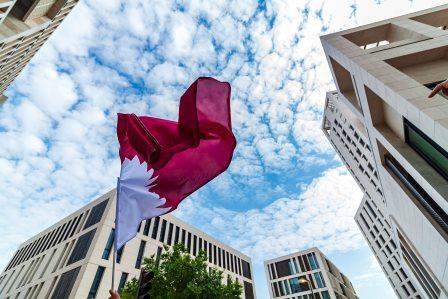
Former Qatari emir Hamad bin Khalifa Al Thani, the father of the Gulf state's current ruler, Tamim bin Hamad Al Thani, learnt a lesson from the 1990 Iraqi invasion of Kuwait. A US-led military coalition liberated Kuwait while many conservative Kuwaitis fled to Saudi Arabia. Less conservative Kuwaiti nationals sat the war out in the casino of the Cairo Hilton hotel. Al Thani recognized that, like Kuwait, his country with a citizenry of 300,000, sandwiched between two regional behemoths, Iran and Saudi Arabia, would never be able to fend off a conventional military attack on its territory, no matter how much and how sophisticated the weaponry is that it acquires.
To ensure that Qatar was relevant to the international community and had the necessary public empathy to support intervention on the Gulf state's behalf in a time of need, Al Thani concluded that Qatar's defence strategy would have to focus on soft rather than hard power. In more than 30 years since, Qatar, one of the world's top gas producers has developed a highly sophisticated, multi-pronged soft power policy. It involves ensuring a diversified customer base for its gas; a fast-paced, mediation-driven foreign policy; and the Al Jazeera television network that competes with the likes of the BBC and CNN.
Qatar's creation of an air transport hub with an award-winning airline and airport, the opening of world-class museums, and high-profile investments in real estate in world capitals and blue-chip companies were also part of the strategy. But none of these building blocks attracted more attention and more controversy than the sports leg of the Qatari strategy, with next month's World Cup at the top of the list.
The positioning of sports as part of defence strategy shines a different light on controversies over the integrity of the Qatari bid, conditions of predominantly Asian migrant labour that built World Cup-related infrastructure, and potential risks for members of the LGBT community visiting a country where same-sex relationships and pre-marital sex constitute criminal violations of the law. As a result, the stakes for Qatar, against the odds, in endearing itself to soccer fans, are high. It hopes to do so by being lenient towards violators of Qatari law, including activists wanting to make a point during the World Cup.
This week, in an indication of what that could mean, Qatari police stopped British activist Peter Tatchell from protesting the country's anti-LGBT laws but did not detain him. Tatchell said in a video clip on Twitter that he had been interrogated for 49 minutes. The activist stood outside Qatar’s national museum for at least 35 minutes wearing a T-shirt emblazoned with "#Qatarantigay" and holding a placard that read “Qatar arrests and subjects LGBTs to conversion” before uniformed and plainclothes policemen arrived.
The police folded up Tatchell’s placard, took photos of his passport, questioned him, shook his hand, and left him standing on the sidewalk. The handling of Tatchell contrasts starkly with the treatment of LGBT Qataris as described in a Human Rights Watch report, denied by Qatari officials. The report asserted that at least six LGBT Qataris had been arrested and abused since 2019 and as recently as last month, two months before the World Cup. The six Qataris interviewed by the human rights group included four transgender women, one bisexual woman, and one gay man. The group said they were held in an underground prison in Doha and forced to sign pledges indicating that they would 'cease immoral activity.’
The transgender women detainees were ordered to attend conversion therapy sessions at a government-sponsored clinic. A Qatari official insisted that the Gulf state does not "license or operate 'conversion centres.'” From a Qatari and Kuwaiti perspective, the stark reality is that little has changed in their hard power defence capabilities in the more than 30 years since the Iraqi invasion of Kuwait. "Unfortunately, as Gulf countries, we do not have options. Our capabilities do not deter Iran, do not deter other powers… We do not have other practical solutions," Kuwaiti international relations scholar Abdullah al-Shaji told a recent conference in Doha.
Speaking against the backdrop of the worst crisis in US-Saudi and potentially US-UAE relations since the 1973 Arab oil boycott, Al-Shaji noted, "Russia is not going to be here, neither China. They do not have the intention or the capability. The US knows that the US is the only kid in town. Take it or leave it." This is where Qatar's image among soccer fans takes on national security and geopolitical significance. How Qatar handles issues such as activists seeking to capitalize on the opportunity to make a point, potential fan rowdiness, and culturally sensitive issues such as intoxication, public expressions of affection, and sexual diversity will shape how fans perceive and remember the 2022 World Cup, the most controversial in the history of world soccer body FIFA.
In a world of rising nationalism and popularism, in which Americans are war-weary after two decades of fighting in the greater Middle East, fan attitudes could make or break public support if Qatar ever needed the international community to come to its aid. An analysis by social media and mis-and disinformation expert Marc Owen Jones illustrated the centrality of the World Cup in reporting on Qatar in British media in the 12 years between Qatar's winning of its hosting rights in 2010 and the tournament itself in 2022. Forty per cent of 1,735 Qatar-related headlines in newspapers such as The Guardian, The Times, Daily Express, The Sun, Daily Mail, The Telegraph, and Metro UK referred to the World Cup.
Of the approximately 685 World Cup-related articles, 454, or 66 per cent, were critical, 201, or 29 per cent, were neutral, and 33, or five per cent, were positive. Most of the negative articles focused on human rights. By contrast, at most three per cent of articles about Russia in the period between Russia's winning of its hosting rights alongside Qatar in 2010 and the Russian World Cup in 2018 focused on the tournament. In Russia's case, the country’s 2014 intervention in Ukraine and its annexation of Crimea dominated media coverage.
If public opinion surveys are anything to go by, Qatar is losing the battle for the hearts and minds of fans in the United States and Europe, despite having enacted far-reaching reforms of its erstwhile labour system that put workers at the mercy of their employers and seeking to assure fans and activists that all irrespective of sexual orientation or marital status would be welcome. Qatar may also have a mixed reputation in labour-supplying nations, although there is a dearth of data available from those countries. Equally, there is a lack of data on fan attitudes toward Qatar in much of Africa and a large swath of Asia. However, a recent US survey suggested that 41 percent of Americans, 51 percent of American sports fans, and 61 percent of avid fans said Qatari human rights violations reduced their interest in the World Cup.
In addition, a YouGov poll commissioned by Amnesty International found that 67 per cent of the 17,477 participants in the survey in Europe, Central and Latin America, the United States, and Kenya wanted their national soccer associations to speak out publicly about human rights issues associated with the Qatar World Cup. To counter negative perceptions, Qatar has invested heavily in making its World Cup an unforgettable experience. However, New York Times soccer correspondent Rory Smith cautioned that the Qatari investment might miss the plank.
“It is not the soccer that makes the World Cup, not really… The World Cup, at heart, is a feeling… What made Russia 2018…was Nikolskaya, the street in central Moscow that became a hub for fans from all over the world, full of flags and bunting and song. It was the sight of thousands upon thousands of Peruvians on the streets of Saransk, a red sash across their hearts. It was the sense that, even in a vast land of steppe and mountain and forest, you were never more than six feet from a Colombian,” Smith said.
That feeling that touches not only those who travel to the World Cup but also those who follow it on screens at home “cannot be forced. It cannot be commanded into an existence. It has to gestate, develop, ferment.” That is where Qatar’s apparent targeting of a high-end audience with its emphasis on pricy, luxury accommodation during the tournament could backfire and undermine its goal of engendering empathy for the Gulf state. Many of those sitting at home, particularly in Europe, Africa, and Asia, may feel that cost and regulated access prevented them from attending.
“It is hard not to worry that many of those fans will have been priced out of Qatar or excluded by virtue of not being allowed into the country without a ticket for a game and that with them, the feeling will change, turning the tournament into an ersatz version of itself, a tribute to all the things money can buy…and all of the things that it cannot,” Smith warned. In the final analysis, the litmus test of Qatar's sports strategy will be whether the World Cup helps Qatar reproduce its geopolitical success, achieved as much on its own steam as with the unintended help of its erstwhile detractors, the United Arab Emirates, and Saudi Arabia when it defeated a 3.5-year-long economic and diplomatic boycott. The UAE and Saudi Arabia lifted the embargo in early 2021.
Ultimately, to fully benefit from the tournament's reputational value, Qatar will, post-World Cup, have to push forward with social, economic, and political reform, even if activist attention moves on and focuses on countries such as Saudi Arabia and Egypt that are likely to bid for forthcoming sports mega events such as the 2027 Asian Cup and the 2030 World Cup.
Qatar's ability and willingness to move ahead with reforms may make the difference in how the tournament is remembered, particularly in the United States and Europe, which are likely to be crucial to the Gulf state’s military defence when the chips are down. The problem is that human rights, labour, and LGBT groups may lose leverage. Qatar may not remain as receptive to criticism as it was in the run-up to the World Cup.
In a speech this week, Qatar’s emir, Sheikh Tamim, lamented that since winning hosting rights, Qatar had been “subjected to an unprecedented campaign that no host country has faced.” The emir went on to say that “we initially dealt with the matter in good faith, and even considered some of criticism as positive and useful… (But) it soon became clear that the campaign tends to continue and expand to include fabrications and double standards that were so ferocious that it has unfortunately prompted many people to question real reasons and motives behind this campaign."
Note: This article was originally published in the blog, The Turbulent World of Middle East Soccer and has been reproduced under arrangement. Web Link
As part of its editorial policy, the MEI@ND standardizes spelling and date formats to make the text uniformly accessible and stylistically consistent. The views expressed here are those of the author and do not necessarily reflect the views/positions of the MEI@ND. Editor, MEI@ND: P R Kumaraswamy
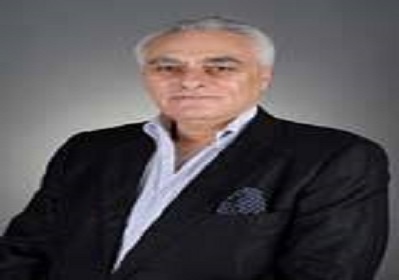
James M. Dorsey is a Senior Fellow at the S. Rajaratnam School of International Studies as Nanyang Technological University in Singapore, co-director of the Institute of Fan Culture of the University of Würzburg, and the author of the blog, The Turbulent World of Middle East Soccer. Email: jmdorsey@questfze.com

The final run-up to the 2022 World Cup and the tournament's management is make-it-or-break-it ti.....
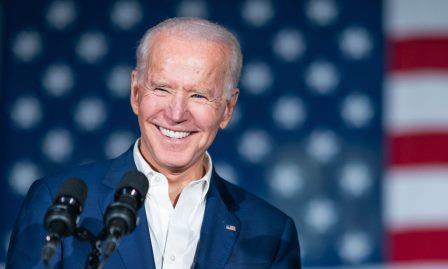
The Biden administration is mulling whether to grant Saudi Crown Prince Mohammed bin Salman sovereig.....

Qatar's 2022 World Cup promises to benefit not only itself but also to provide an unintended eco.....
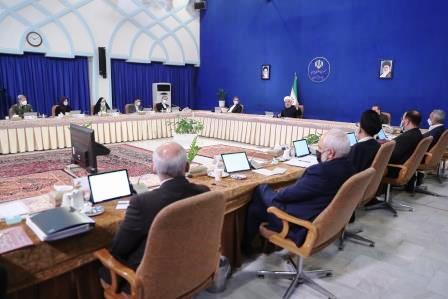
A potential revival of the Iran nuclear accord is likely to test the sustainability of Middle Easter.....
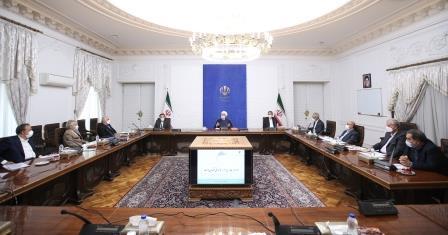
With the fate hanging in the balance of the 2015 international agreement that curbed Iran’s nu.....
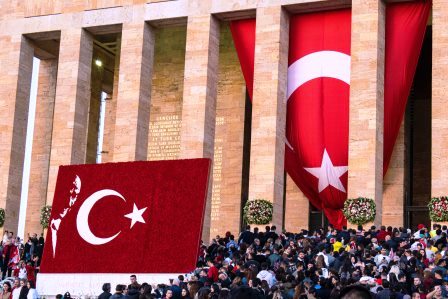
At first glance, there is little that Turkish President Recep Tayyip Erdogan, an Islamist and nation.....
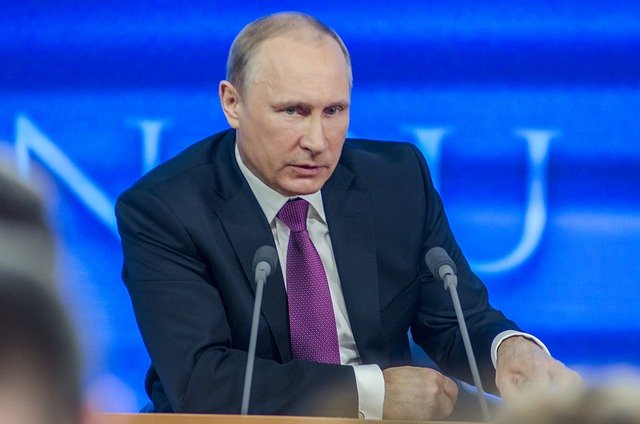
Europe is likely to shoulder the brunt of the fallout of a rapidly escalating crisis over Ukraine. M.....
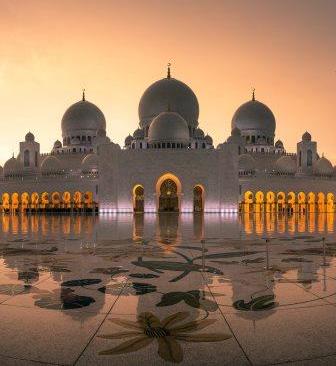
An Israeli NGO gives the United Arab Emirates high marks for mandating schoolbooks that teach tolera.....
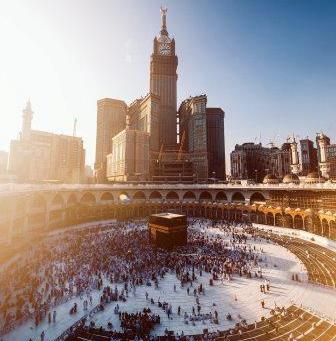
How sustainable is Middle Eastern détente? That is the $64,000 question. The answer is probab.....
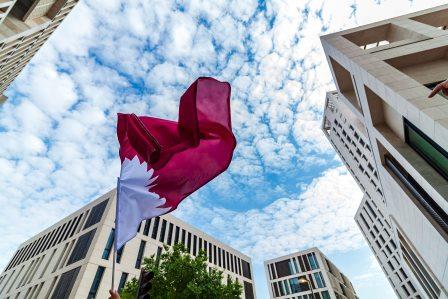
Qatar has begun to cleanse its schoolbooks of supremacist, racist or derogatory references as well a.....
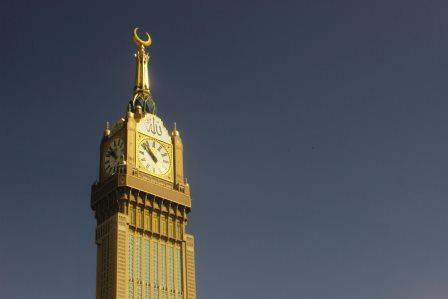
Long banned, Christmas has finally, at least tacitly, arrived in Saudi Arabia; just don’t use .....
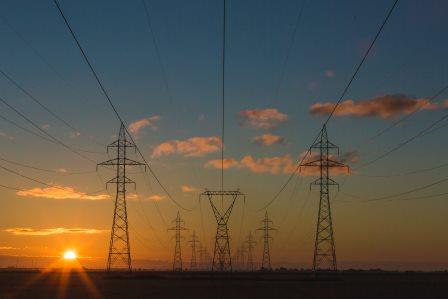
Increasingly, compliance with US sanctions against Iran could emerge as a litmus test of the United .....
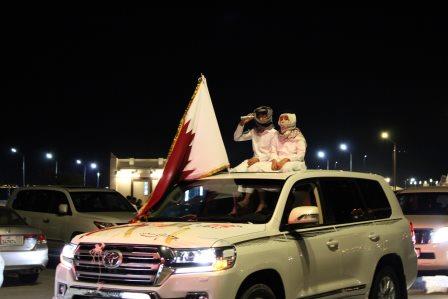
Footballers with diametrically opposed views on homosexuality and alcohol consumption have sparked h.....
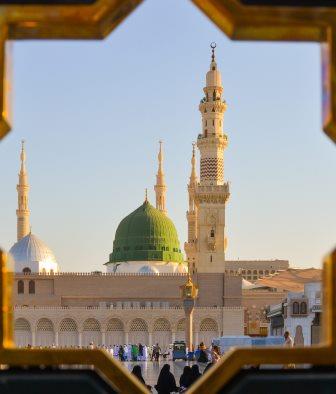
Saudi Islamic affairs minister Abdullatif bin Abdulaziz al-Sheikh has ordered imams in the kingdom t.....
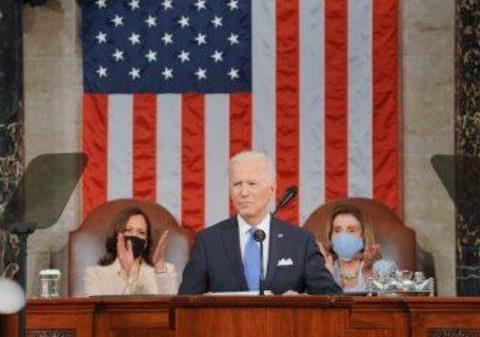
The United States has signalled in advance of next week’s Summit for Democracy that it is unli.....
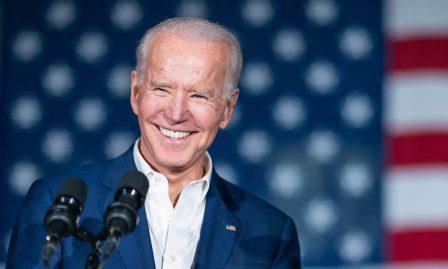
A cursory look at Saudi Arabia and Iran suggests that emphasizing human rights in US foreign policy .....

When seven-time Formula One world champion Lewis Hamilton wore a helmet this weekend featuring the c.....
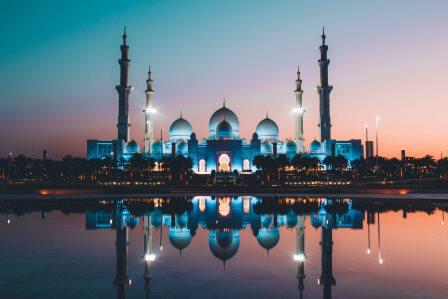
It has been a good week for United Arab Emirates Crown Prince Mohammed bin Zayed. Headline-grabbing,.....
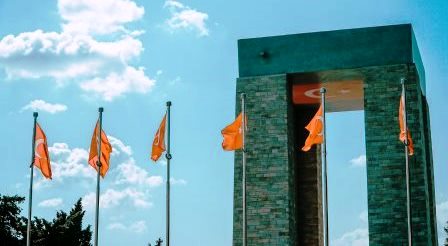
Just in case there were any doubts, Turkish Foreign Minister Mevlut Cavusoglu demonstrated with his .....
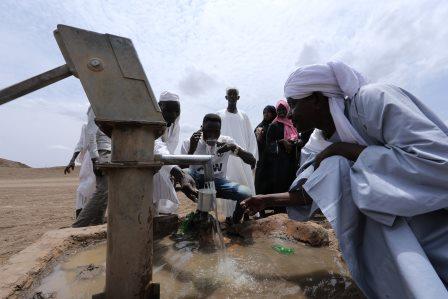
Sudan is the exception to the rule in the United Arab Emirates’ counterrevolutionary playbook......
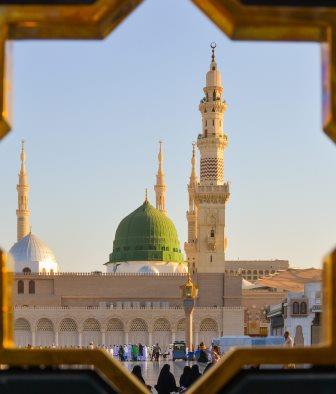
Former Saudi intelligence chief Prince Turki AlFaisal Al Saud must have gotten his tenses mixed up w.....
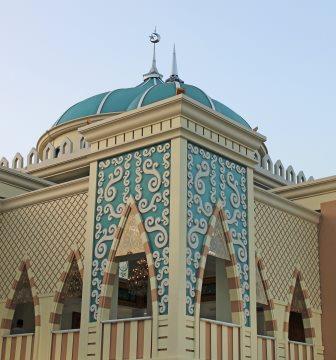
An Indonesian promise to work with the United Arab Emirates to promote ‘moderate’ Islam .....
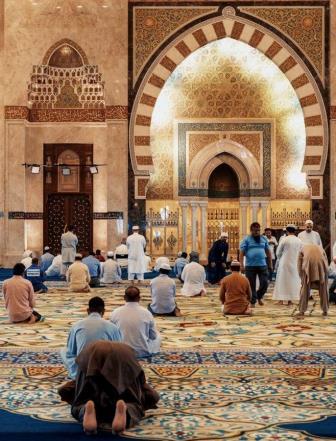
As Middle Eastern states attempt to manage their political and security differences, Muslim-majority.....
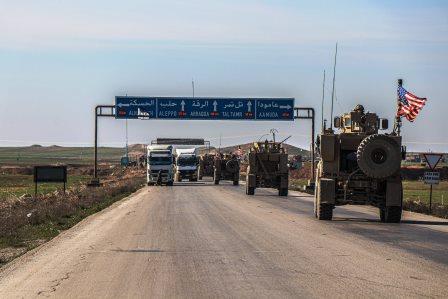
The future of US engagement in the Middle East hangs in the balance. Two decades of forever war in A.....
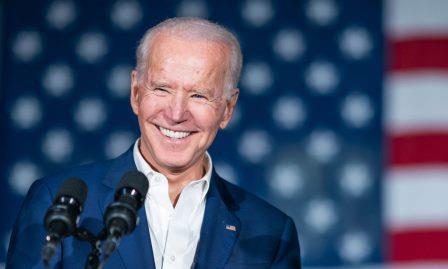
It may not have been planned or coordinated but efforts by Middle Eastern states to dial down tensio.....
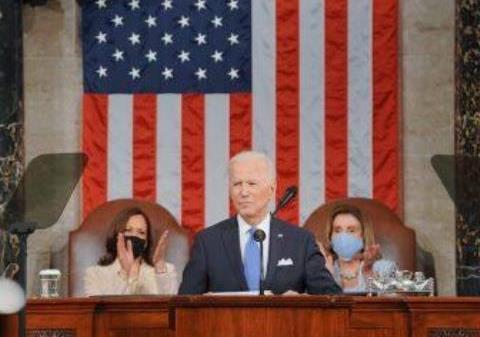
Gulf States are in a pickle. They fear that the emerging parameters of a reconfigured US commitment .....
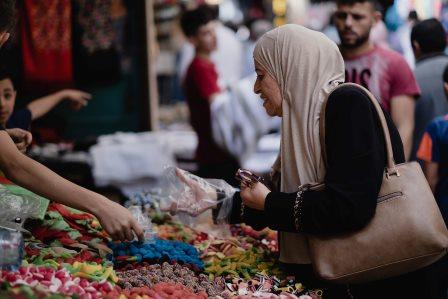
Two separate developments involving improved relations between Sunni and Shiite Muslims and women&rs.....
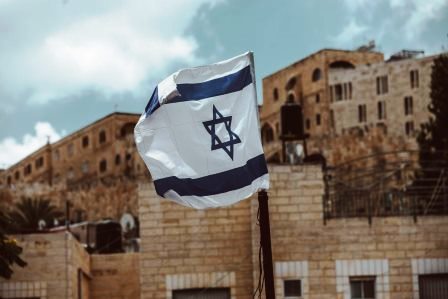
On their way from Tel Aviv airport to Jerusalem in 1977 then Israeli Deputy Prime Minister Yigael Ya.....
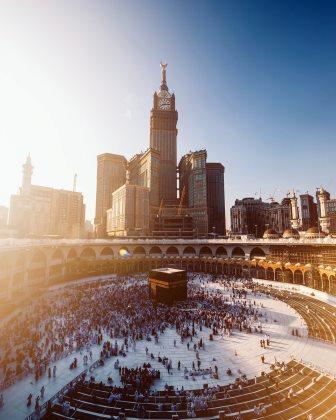
Saudi and Emirati efforts to define ‘moderate’ Islam as socially more liberal while bein.....
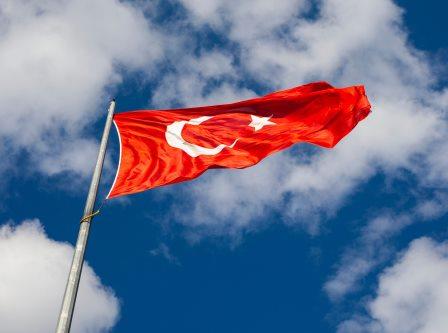
Turkish state-run television appears to have not gotten the message: Turkey and the United Arab Emir.....

The Taliban takeover of Afghanistan perpetuates a paradigm of failed governance in the Muslim world .....
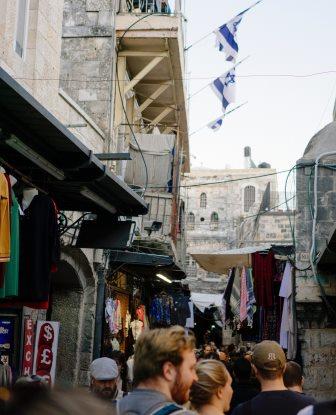
Israel’s first post-Netanyahu government is seeking to rebuild fractured relations with the Je.....
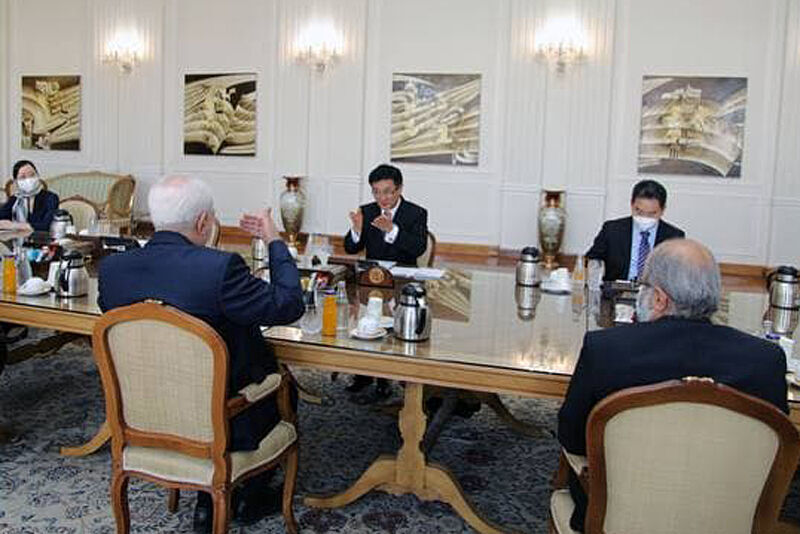
Taliban advances in Afghanistan shift the Central Asian playing field on which China, India and the .....
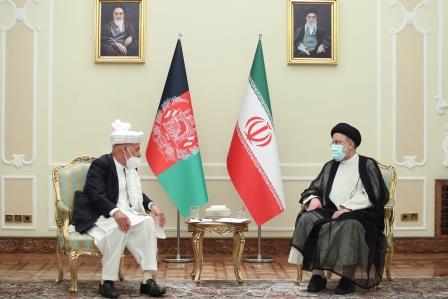
Boasting an almost 1,000-kilometre border with Iran and a history of troubled relations between the .....
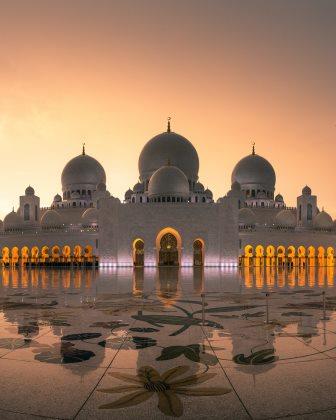
This month’s indictment of a billionaire, one-time advisor and close associate of former US Pr.....
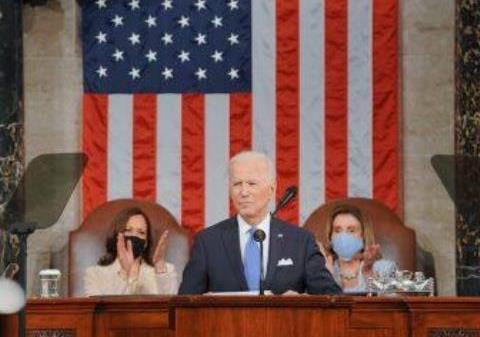
A recent analysis of Middle Eastern states’ interventionist policies suggests that misguided b.....
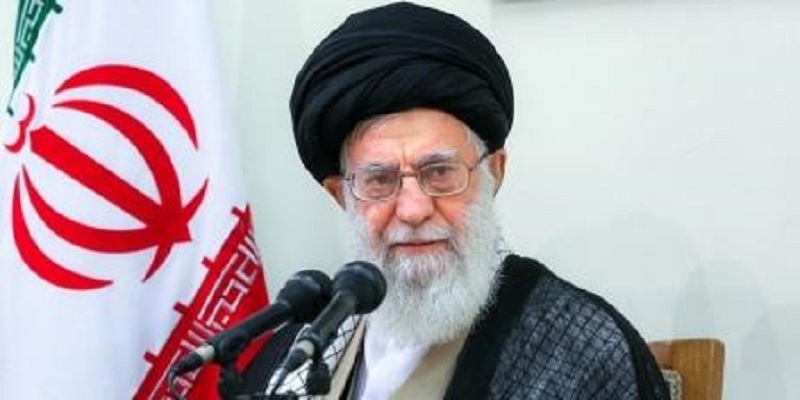
The United States and Iran seem to be hardening their positions in advance of a resumption of negoti.....

A recent unprecedented alliance between Muslims and Evangelicals takes on added significance in a wo.....
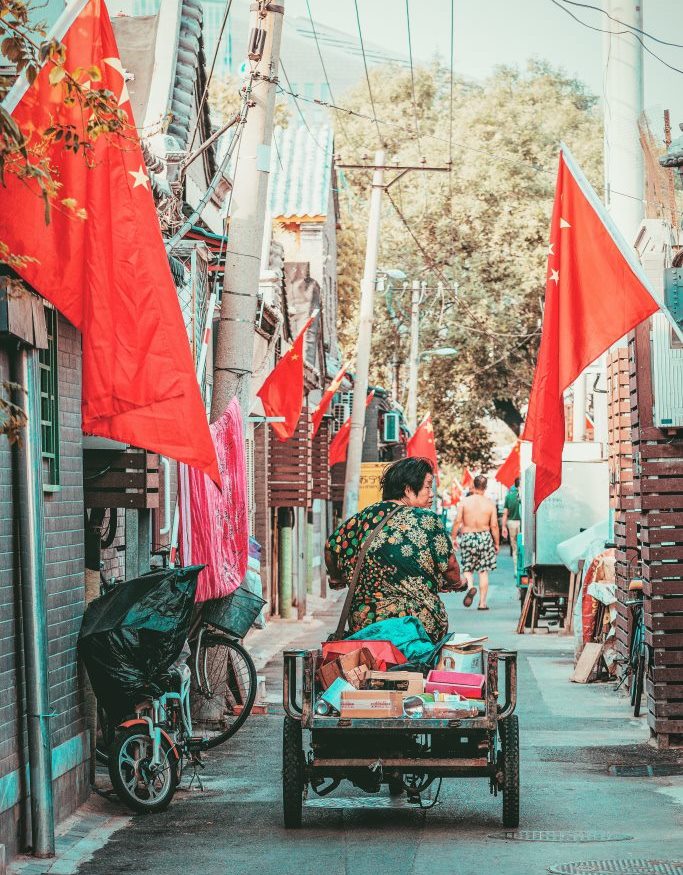
China may have no short-term interest in contributing to guaranteeing security in parts of a swath o.....
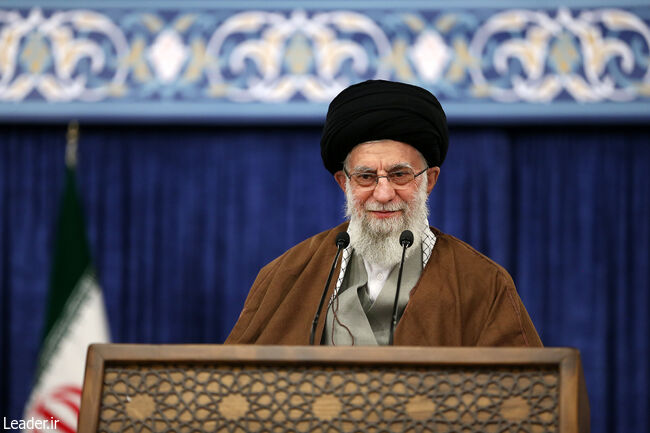
The rise of hard-line President-elect Ebrahim Raisi has prompted some analysts to counterintuitively.....
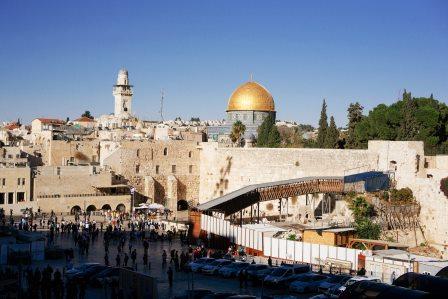
US President Joe Biden may have little appetite for Israeli-Palestinian peace making but seems deter.....
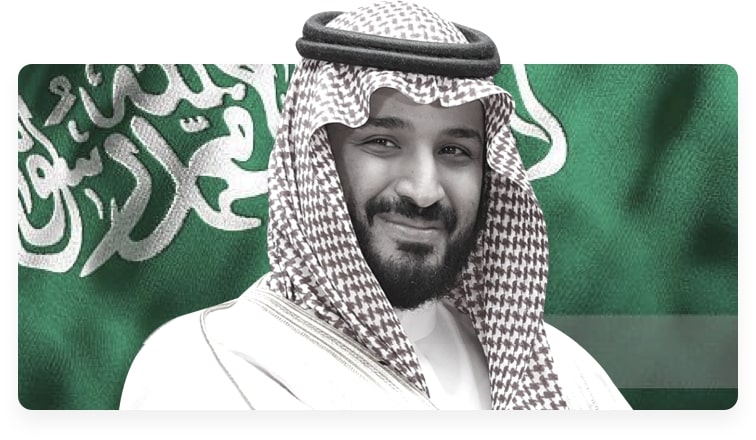
Recent announcements by Crown Prince Mohammed bin Salman of plans to turn the kingdom into a transpo.....

Saudi Arabia has stepped up efforts to outflank the United Arab Emirates and Qatar as the Gulf&rsquo.....
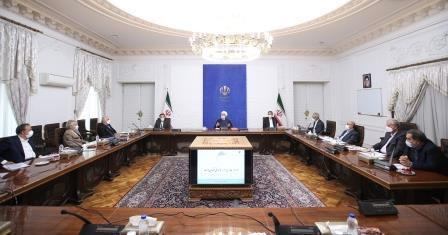
Eager to enhance its negotiating leverage with the United States and Europe, Iran is projecting immi.....
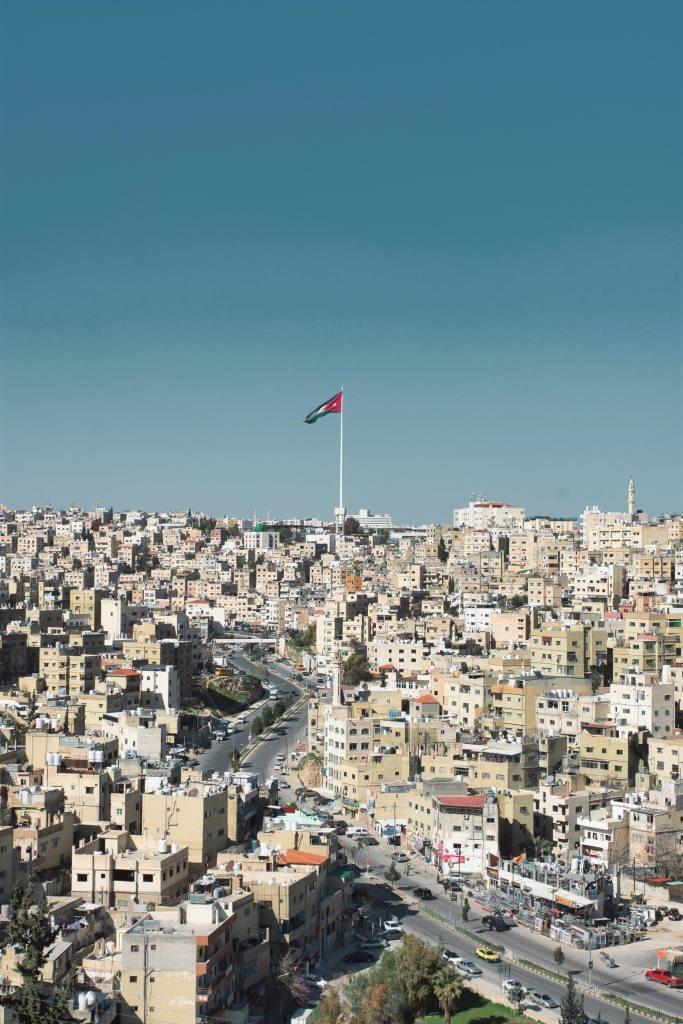
Former Crown Prince Hamzah bin Hussein has papered over a rare public dispute in the ruling Jordania.....
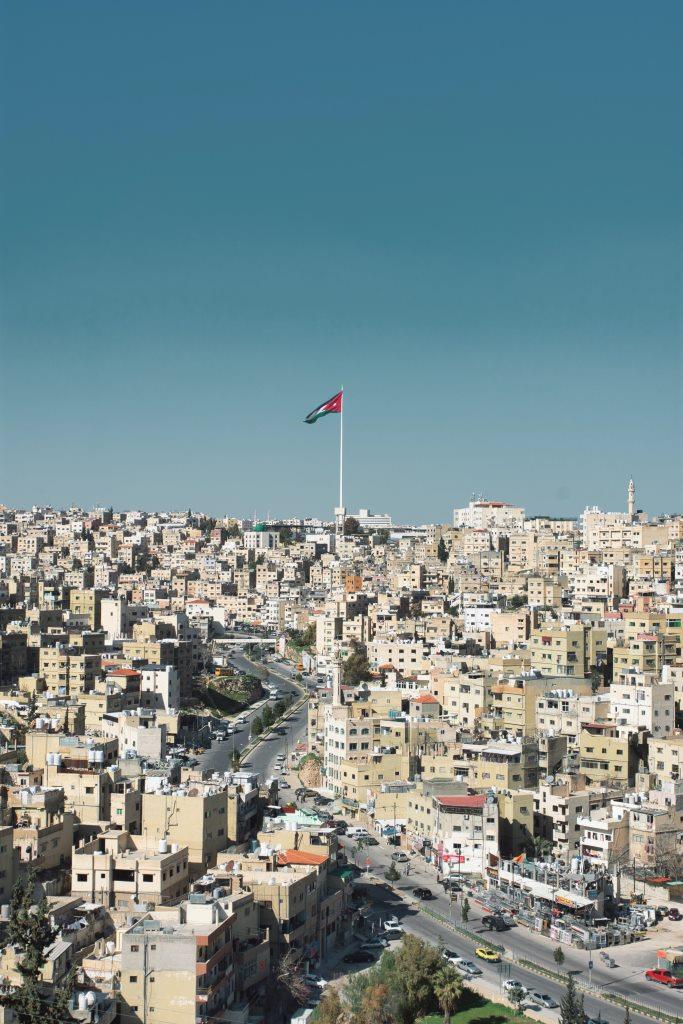
Former Crown Prince Hamzah bin Hussein has papered over a rare public dispute in the ruling Jordania.....
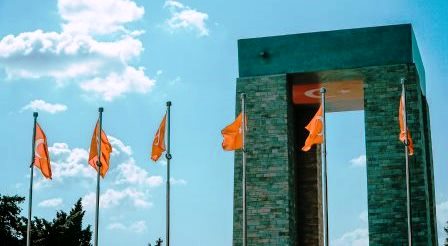
In a sign of the times, Turkish schoolbooks have replaced Saudi texts as the bull’s eye of cri.....
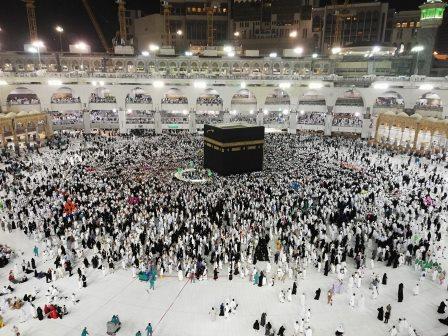
Saudi Sheikh Salman al-Awdah, a popular but controversial religious scholar who has been mostly in s.....
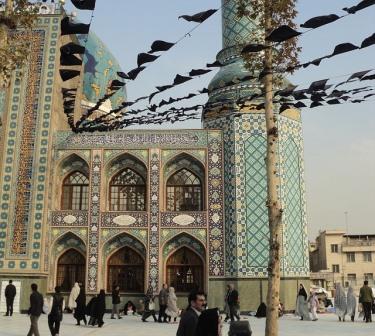
Recent clashes in the Iranian province of Sistan and Balochistan highlight Iran’s vulnerabilit.....
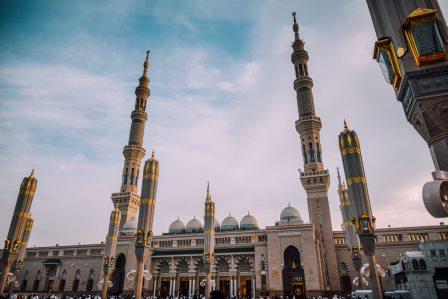
Two decades of snail pace revisions of Saudi schoolbooks aimed at removing supremacist references to.....
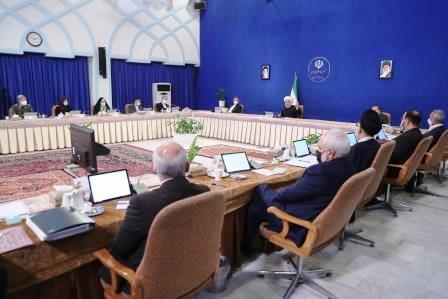
A little acknowledged provision of the 2015 international agreement that curbed Iran’s nuclear.....
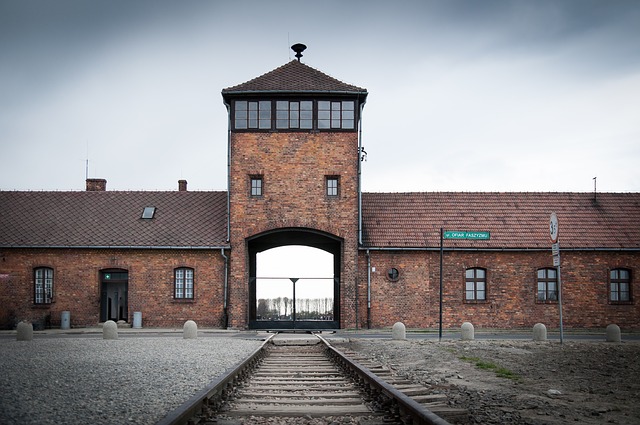
Religion scholar Esra Ozyurek has a knack for identifying trends that ring warning bells about where.....
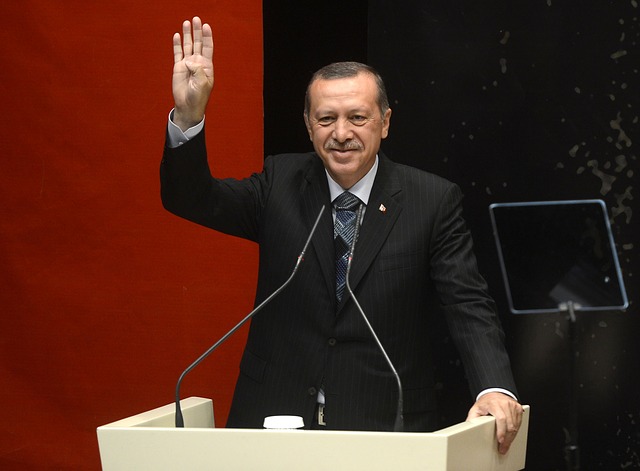
A projected sharp reduction in trade between the United States and China in the next two years coupl.....
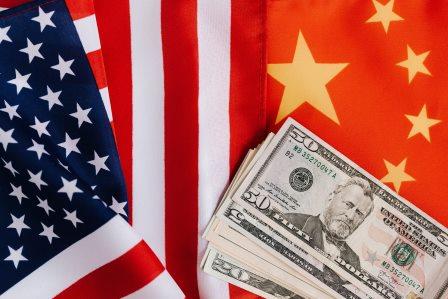
Public debates about China’s Middle East policy are as much internal Chinese discussions as th.....
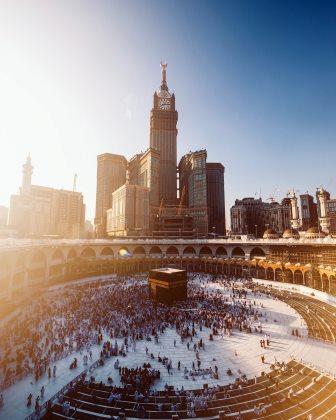
Saudi Arabia has taken multiple steps to polish its tarnished image in advance of this weekend&rsquo.....

An Emirati offer to invest in Israel’s most controversial soccer club could serve as a figurat.....
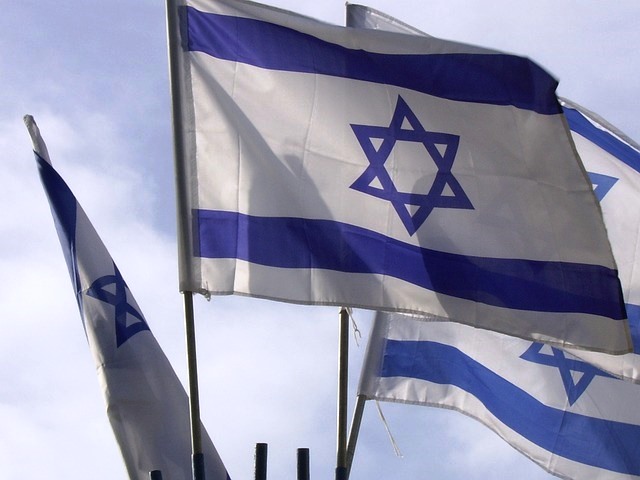
A close read of the agreement between the United Arab Emirates and Israel suggests that the Jewish s.....
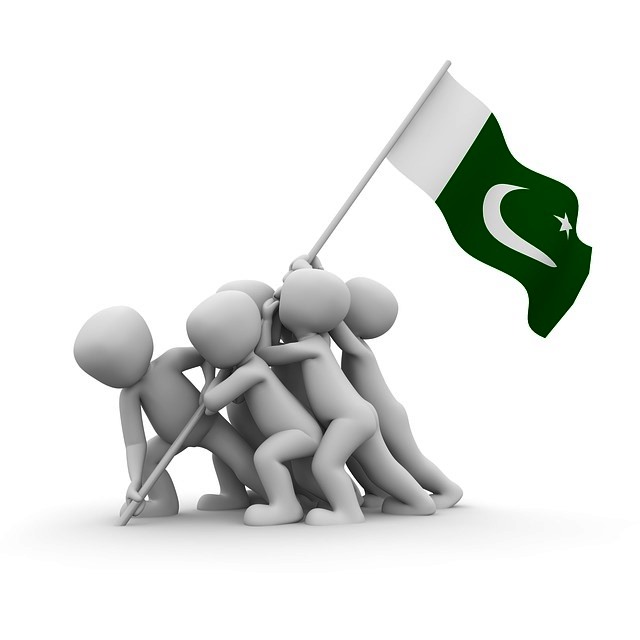
A rift between Pakistan and Saudi Arabia throws into sharp relief deepening fissures in the Muslim w.....
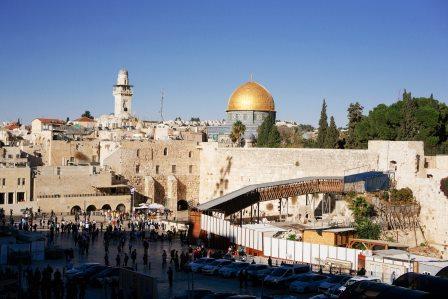
Rare polling of public opinion in Saudi Arabia suggests that Crown Prince Mohammed bin Salman may be.....
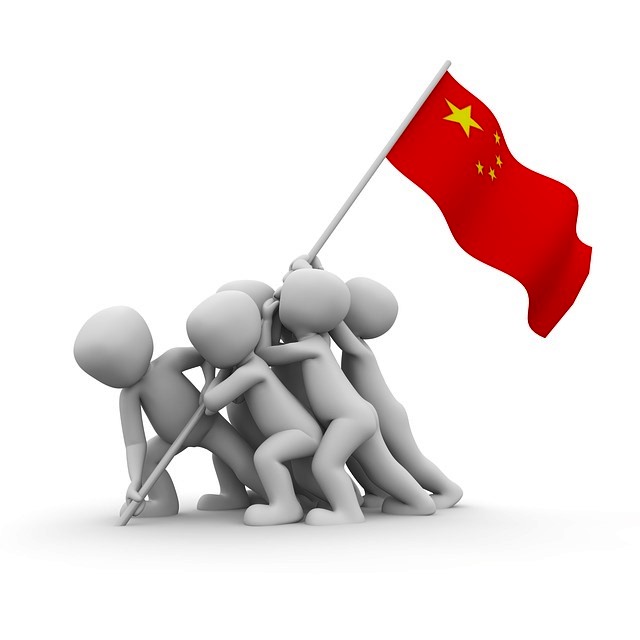
China is contemplating greater political engagement in the Middle East in what would constitute a br.....
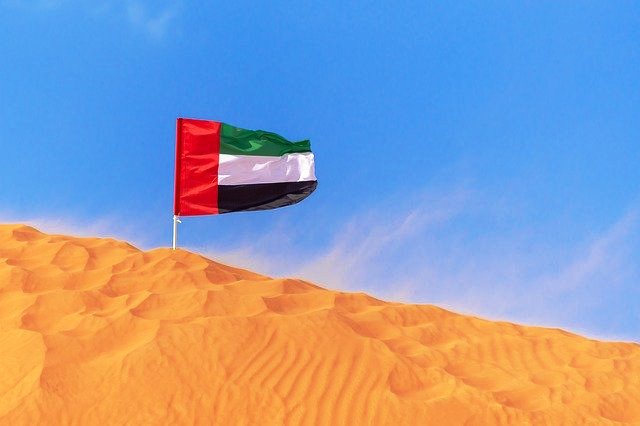
Europe is progressively being sucked into the Middle East and North Africa’s myriad conflicts......
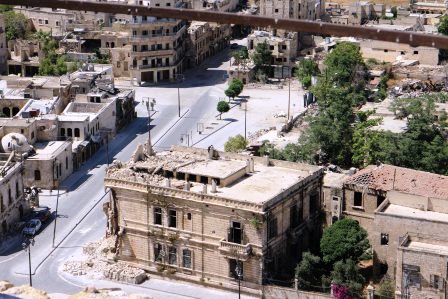
China looms large as a potentially key player alongside Russia and Iran in President Bashas al-Assad.....

Civilizationalist leaders, who seek religious legitimacy, cater to a religious support base or initi.....
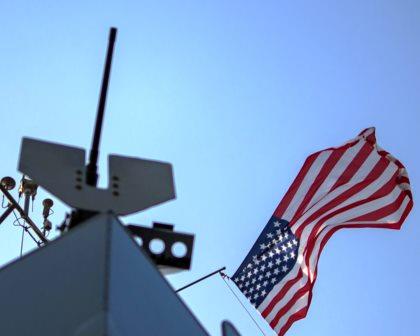
A decision by the Organization of Petroleum Exporting Countries (OPEC) and non-OPEC producers like R.....

The Coronavirus pandemic points a finger not only at the colossal global collapse of responsible pub.....
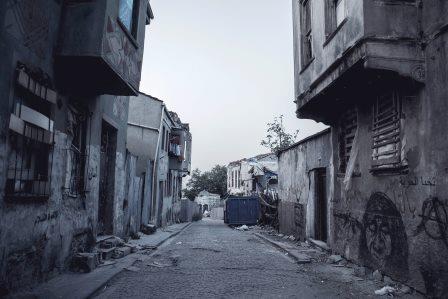
Syria’s announcement of its first COVID-19 case highlights the public health threat posed by w.....
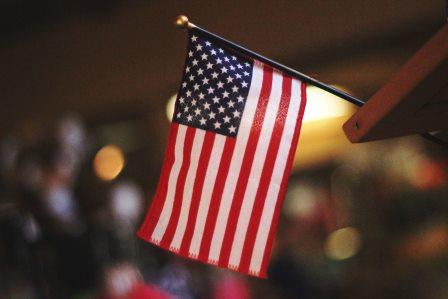
The fight in this week’s Democratic primaries may have been about who confronts Donald J. Trum.....
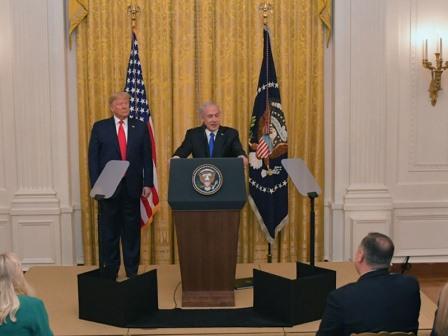
A podcast version of this story is available on Sound cloud, ITunes, Spotify, Stitcher, Tune In, Spe.....
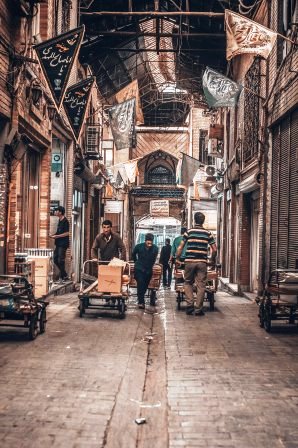
Saudi Arabia may have been getting more than it bargained for when authorities in Khujand, Tajikista.....
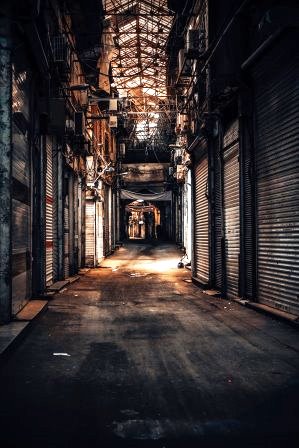
At the core of US president Donald J. Trump’s maximum pressure campaign against Iran lies the .....
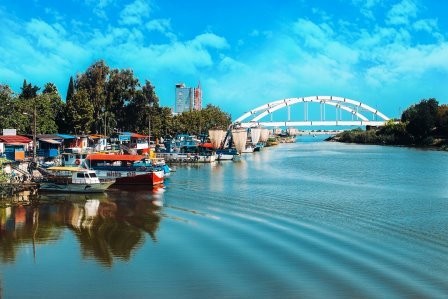
The Iranian port city of Bandar-e-Mahshahr has emerged as the scene of some of the worst violence in.....
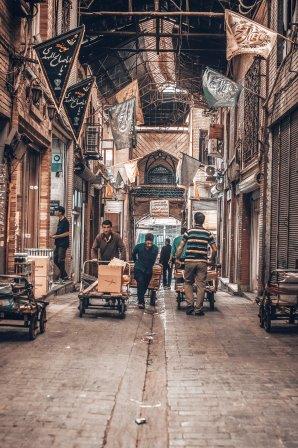
Saudi efforts to negotiate an end to the Yemen war in a bid to open a dialogue with Iran could call .....
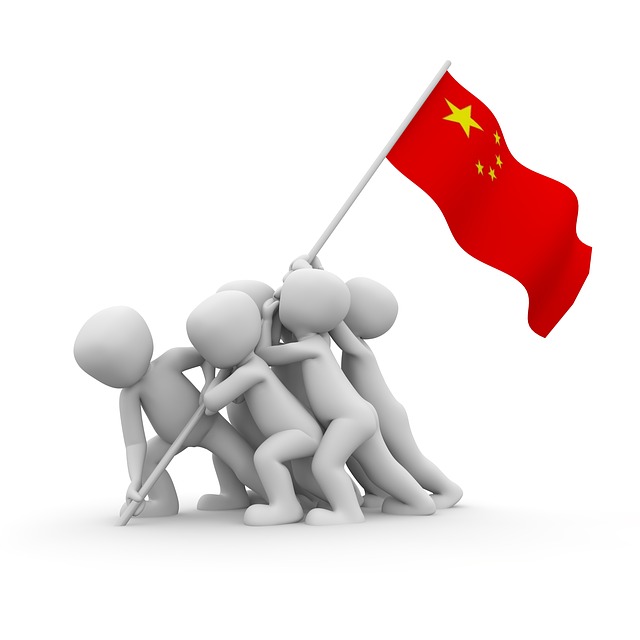
China is manoeuvring to avoid being sucked into the Middle East’s numerous disputes amid mount.....

Fears of a potential military conflict with Iran may have opened the door to a Saudi-Iranian dialogu.....
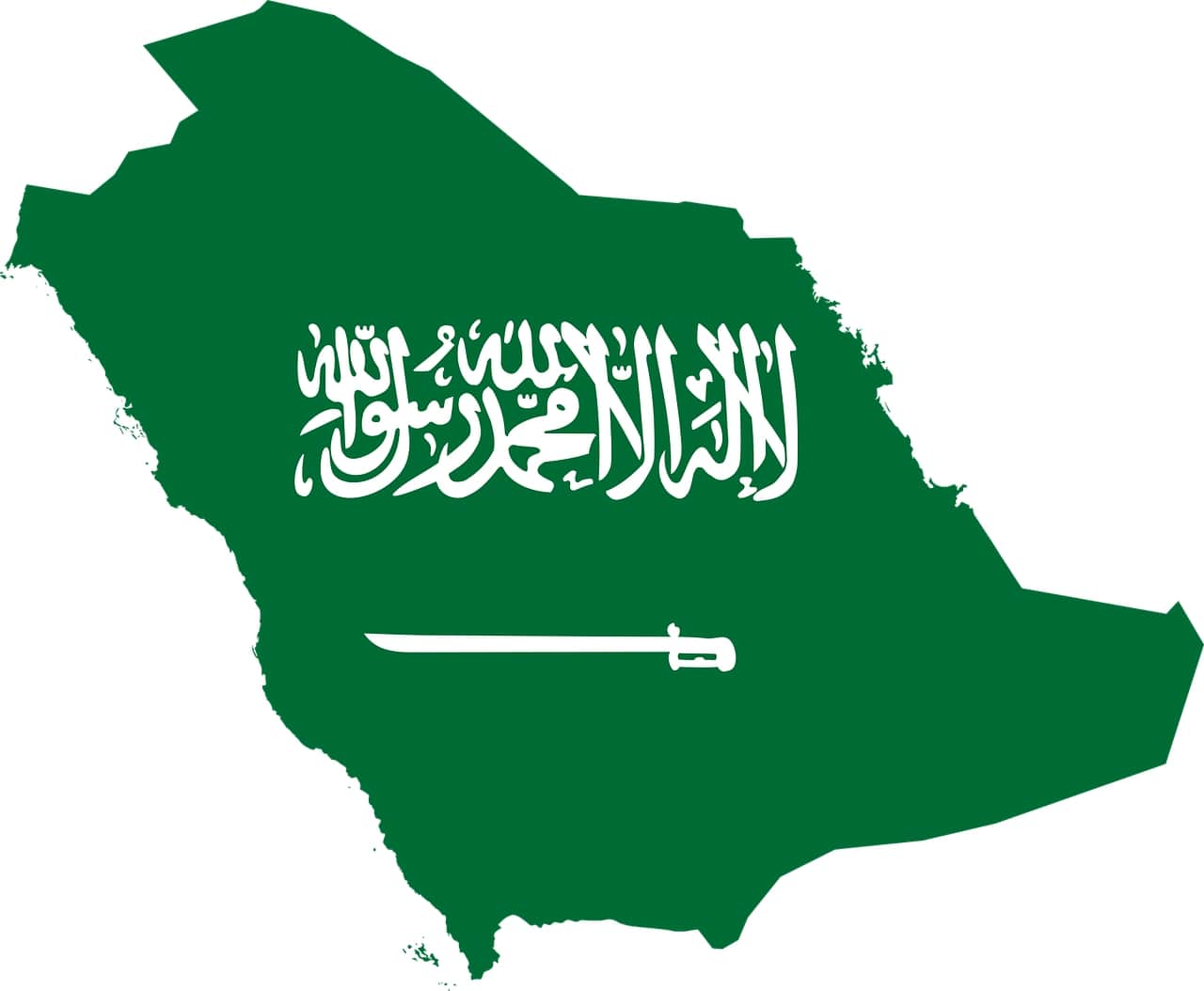
By the law of unintended consequences, US President Donald J. Trump’s mix of uncritical and cy.....
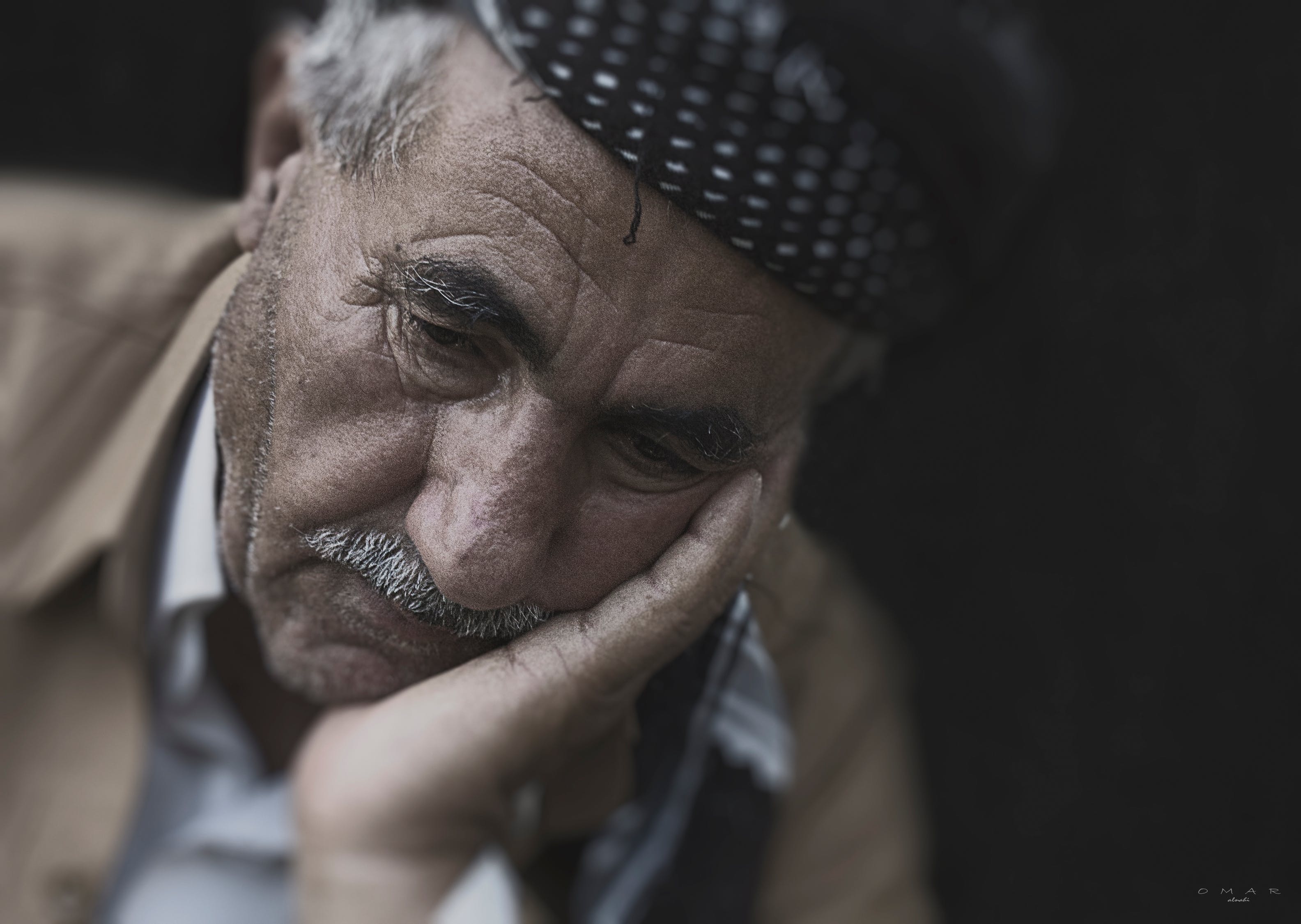
Little suggests that fabulously wealthy Gulf States and their Middle Eastern and North African benef.....
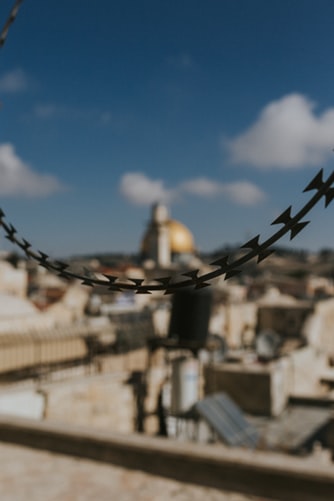
A controversial former security official and Abu Dhabi-based political operator, Mohammed Dahlan, ha.....
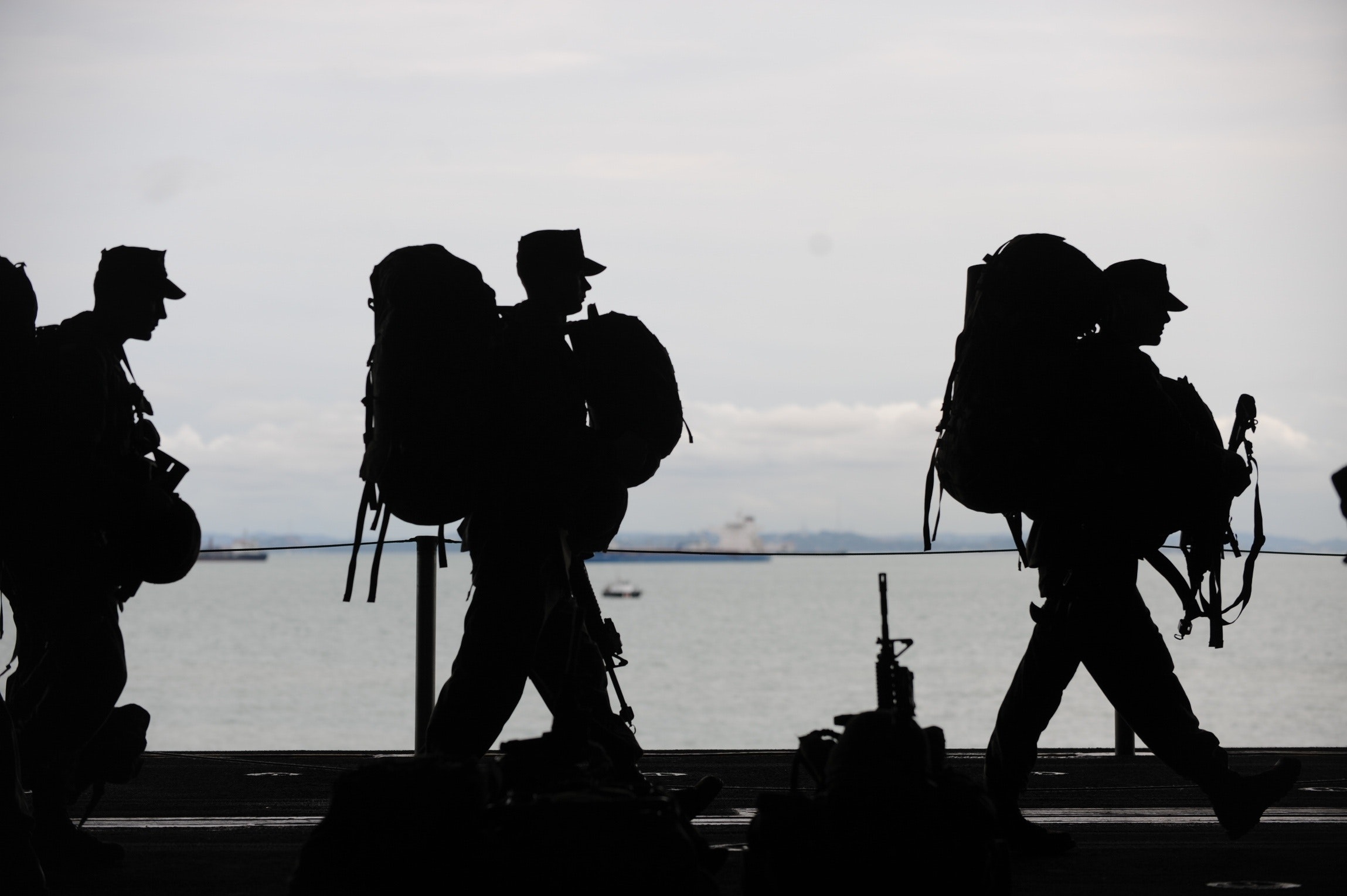
Russia, backed by China, hoping to exploit mounting doubts in the Gulf about the reliability of the .....
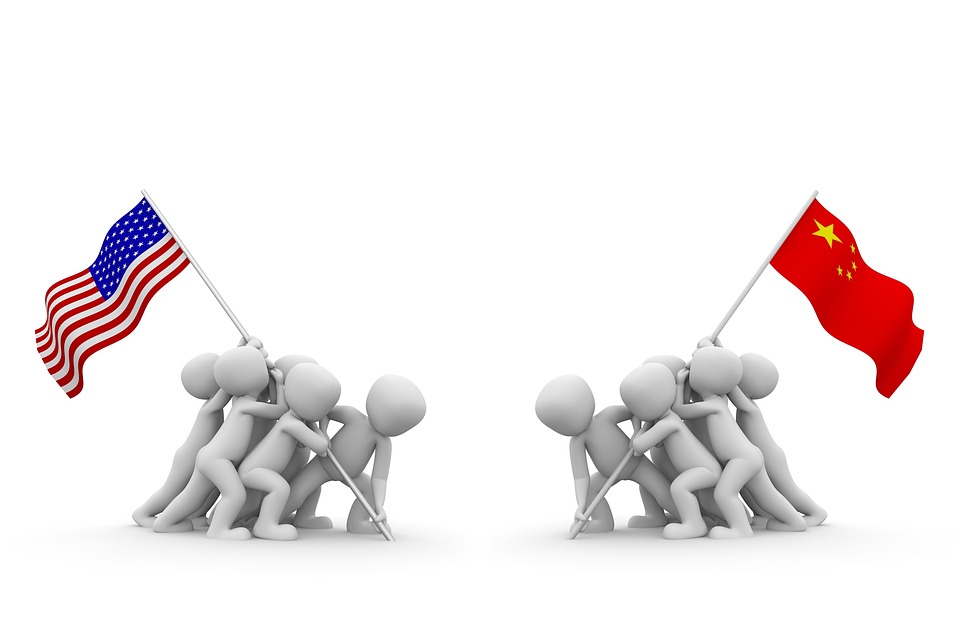
China and Russia are as much allies as they are rivals. A joint Tajik-Chinese military exercise in a.....
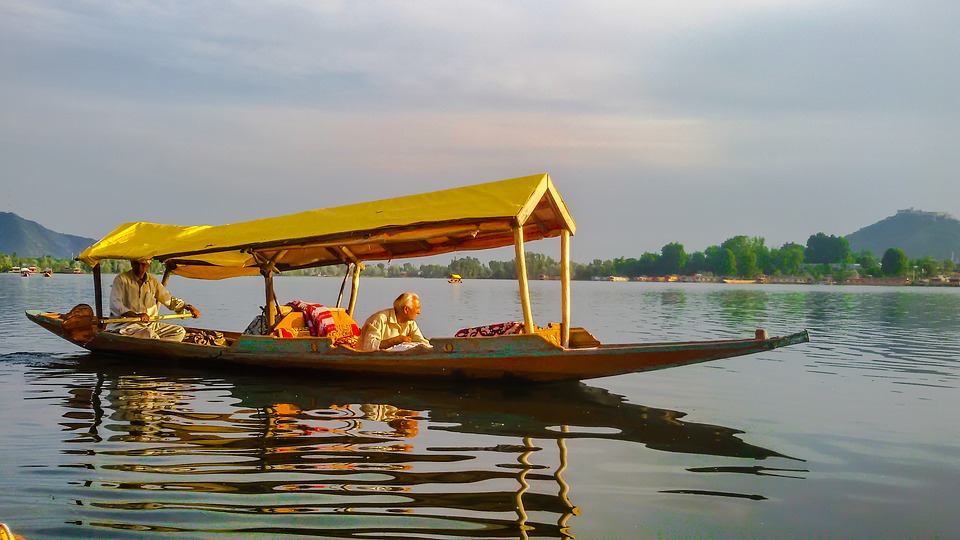
Thought that sectarianism was a pillar of the Saud Iranian rivalry? Think again, think Kashmir where.....
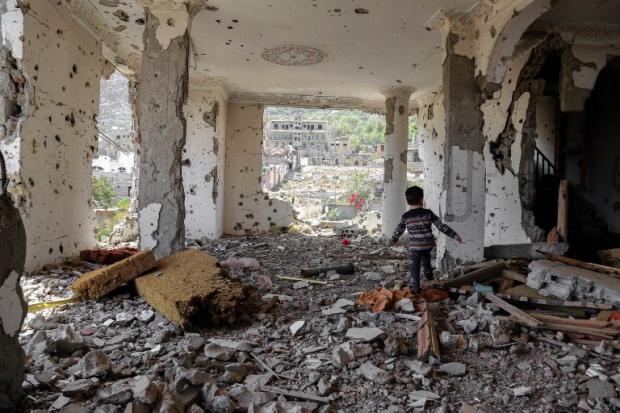
These are tough times for Saudi Arabia. The drama enveloping the killing of journalist Jamal Khas.....
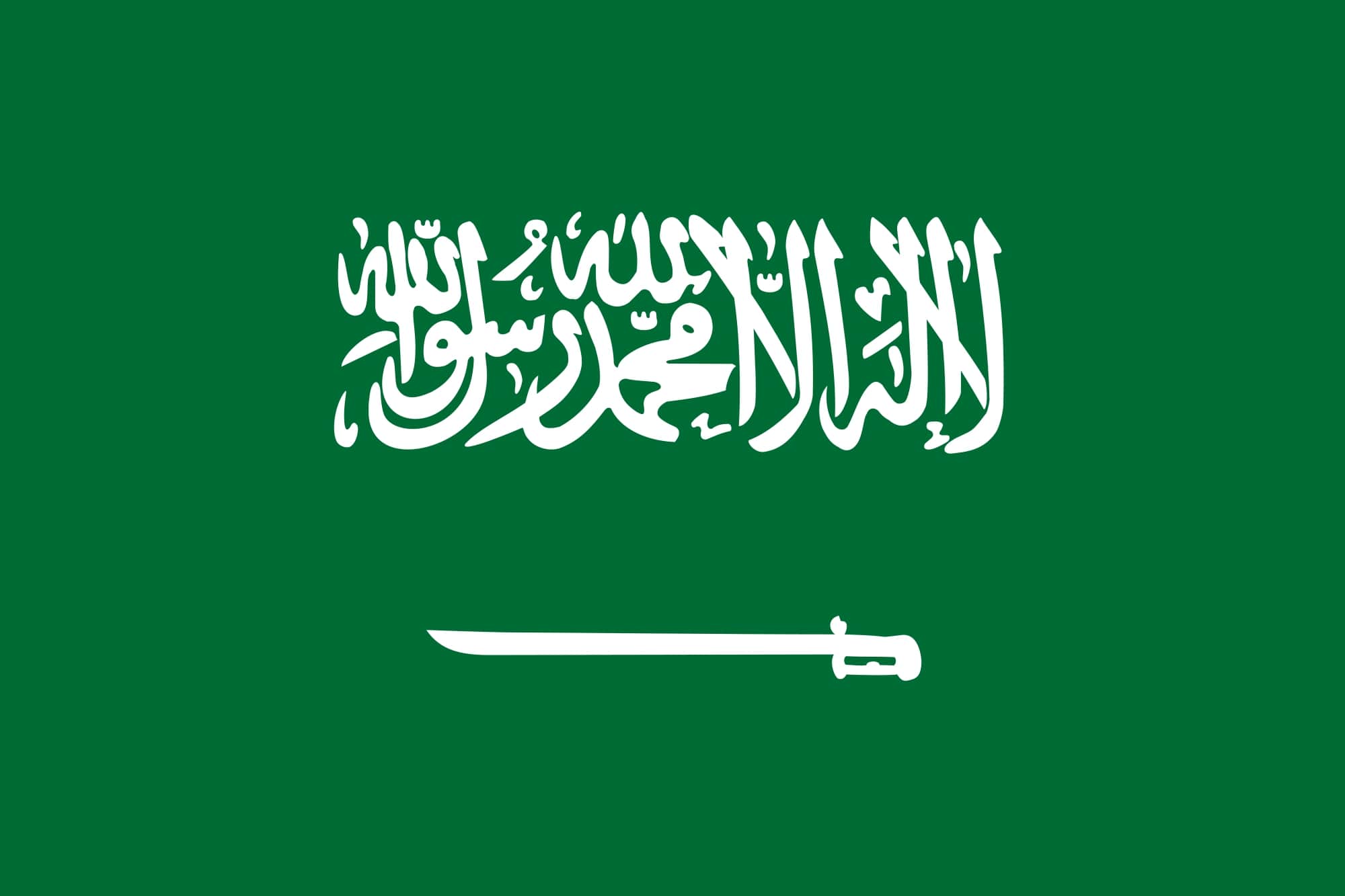
Saudi plans to become a major gas exporter within a decade raise questions about what the .....
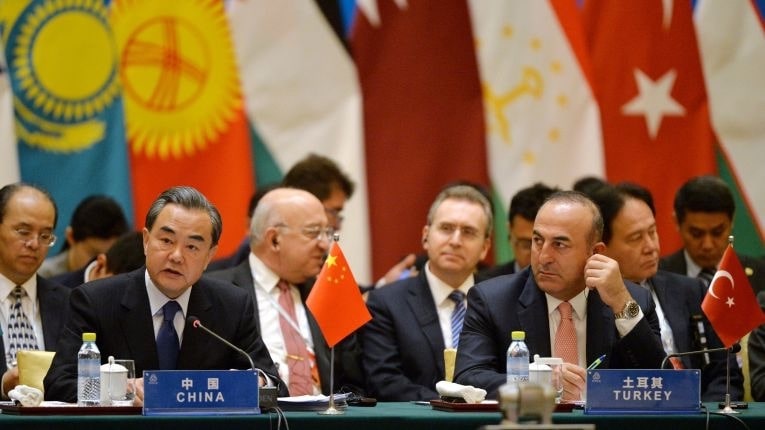
A Turkish-Chinese spat as a result of Turkish criticism of China’s crackdown on Turkic Mu.....
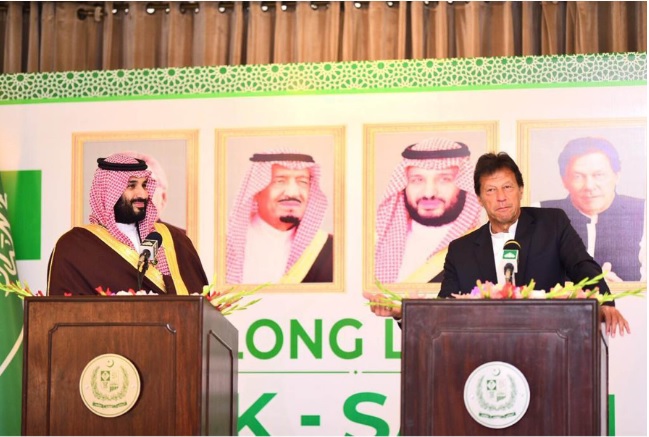
This week’s suicide attack on Revolutionary Guards in Iran’s south-eastern province of S.....
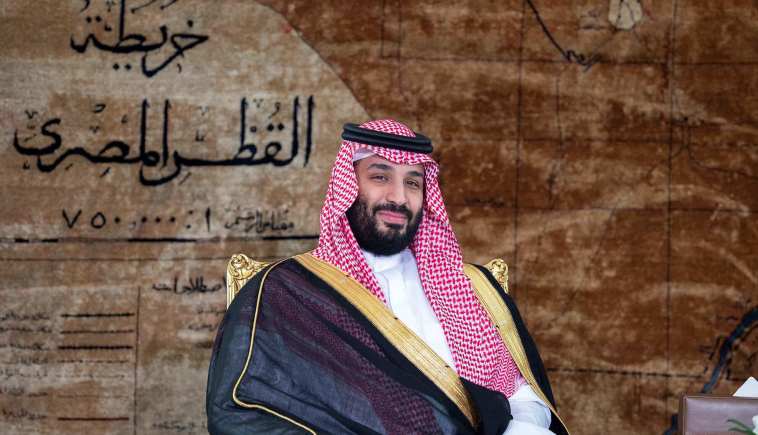
Saudi Crown Prince Mohammed bin Salman’s three-nation tour of Asia is as much about demonstrat.....
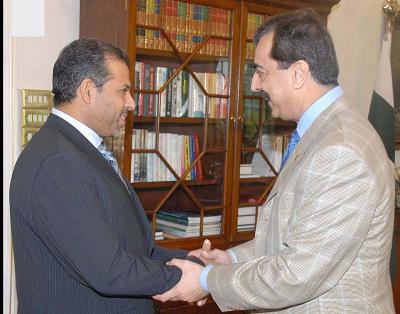
It may be reading tea leaves but analysis of the walk-up to Saudi crown prince Mohammed bin Salman&r.....
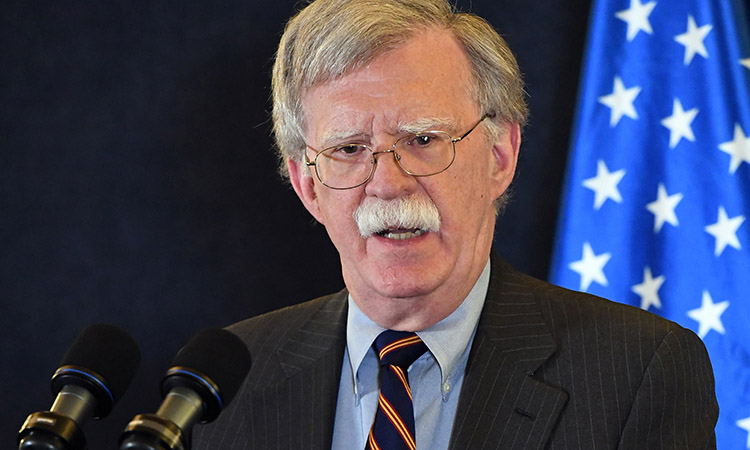
Alarm bells went off last September in Washington's corridors of power when John Bolton&rsq.....
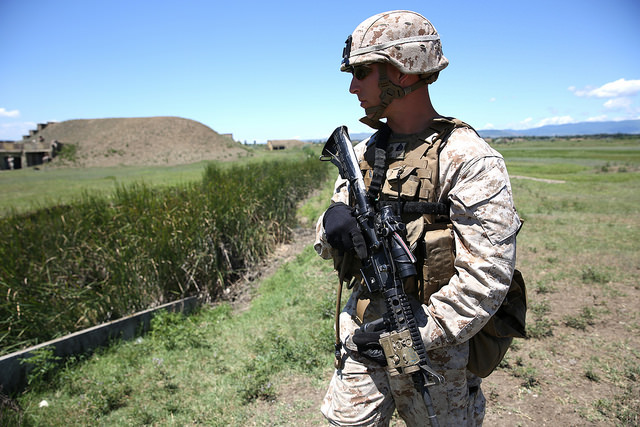
US President Donald J. Trump’s threat to devastate Turkey’s economy if Turkish troo.....
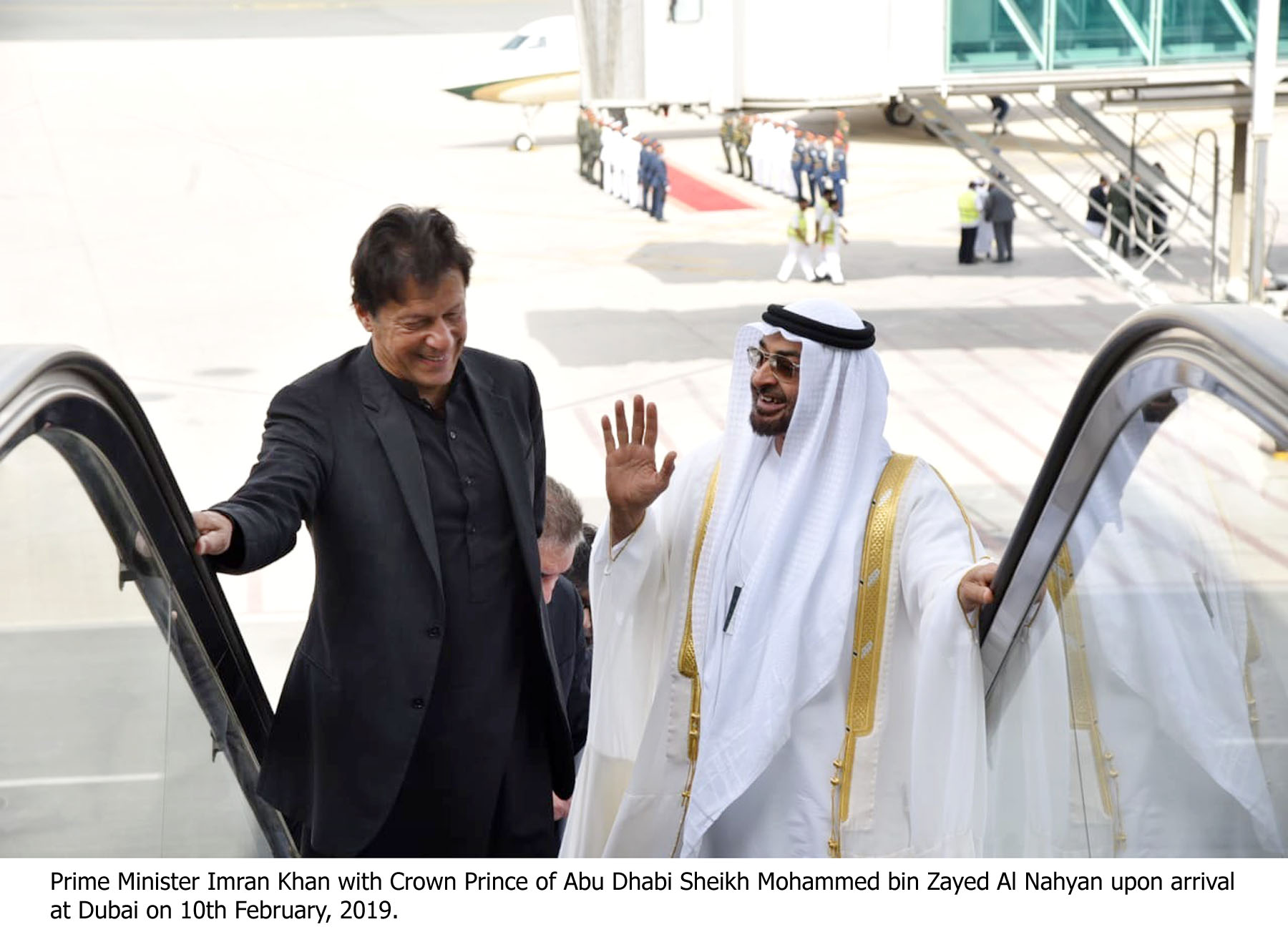
Pakistan is traversing minefields as it concludes agreements on investment, balance of payments supp.....
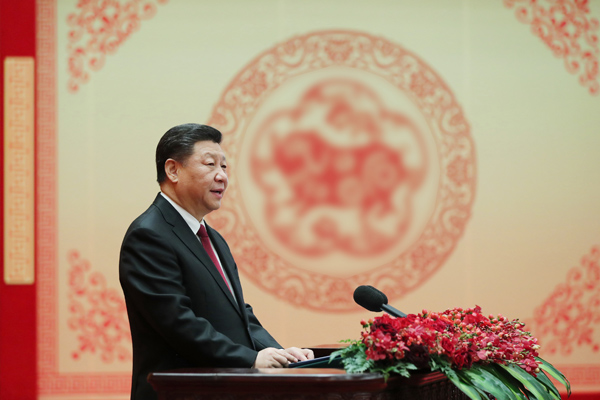
A heavy soup made of pulled noodles, meat, and vegetables symbolizes Central Asia’s close cult.....
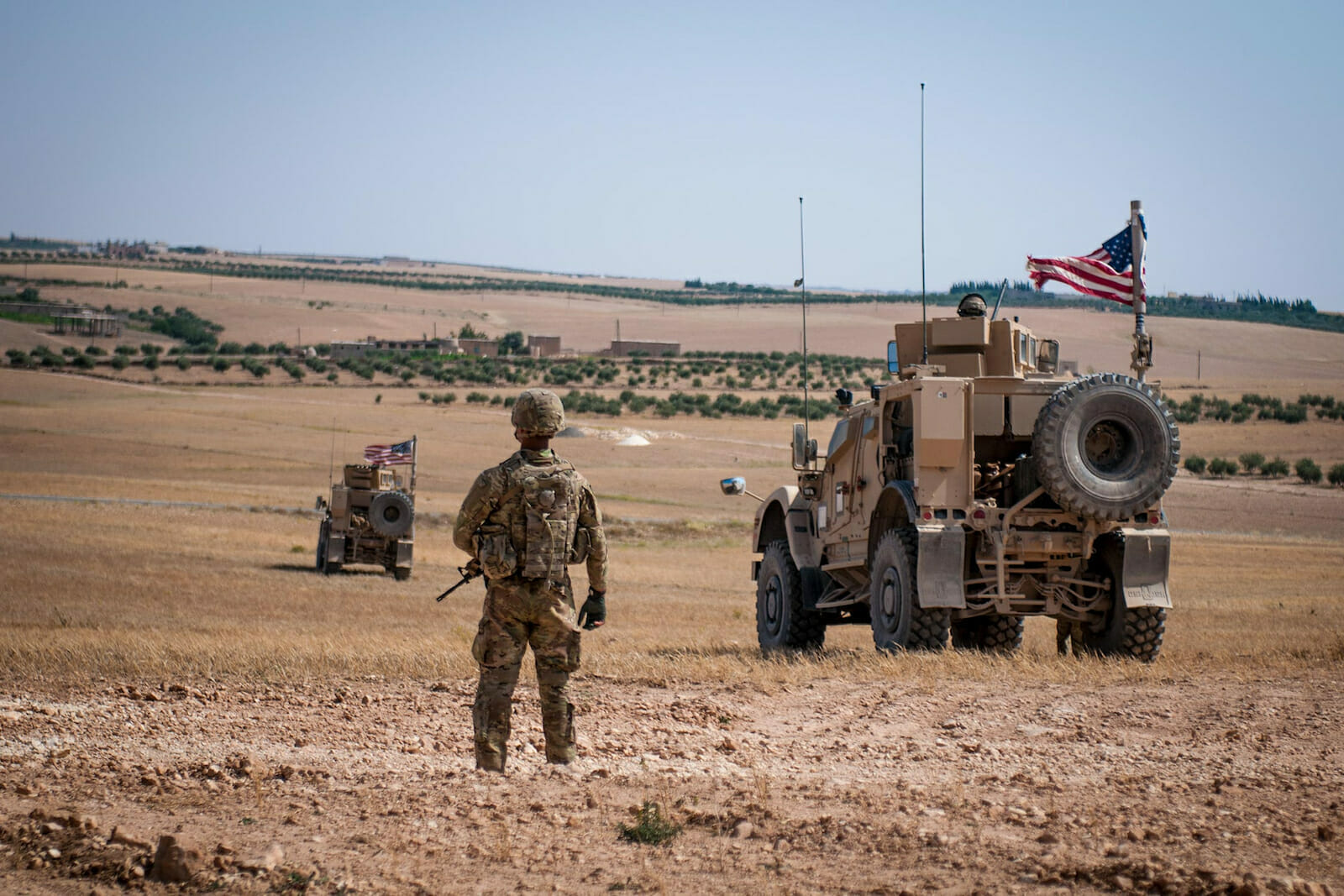
As far as Gulf leaders are concerned, President Donald J. Trump demonstrated with his announced.....
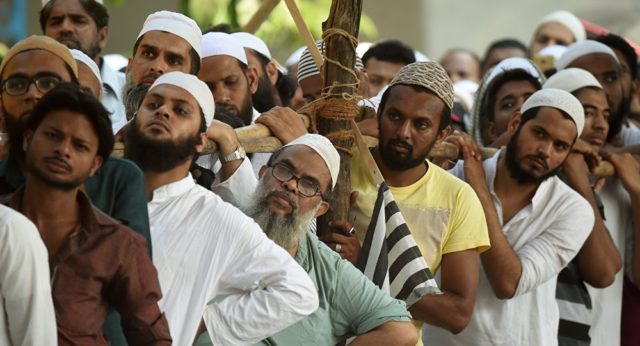
When President Recep Tayyip Erdogan recently declared that Turkey was “the only country that c.....
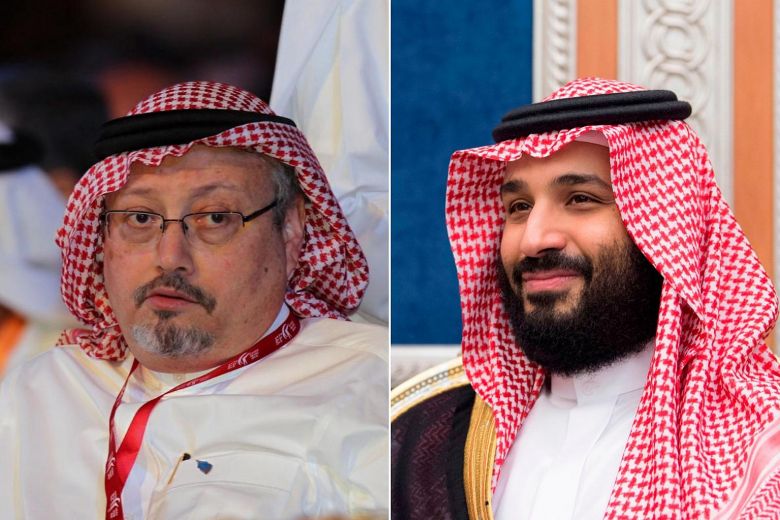
A draft US Senate resolution describing Saudi policy in the Middle East as a "wrecking ball&quo.....
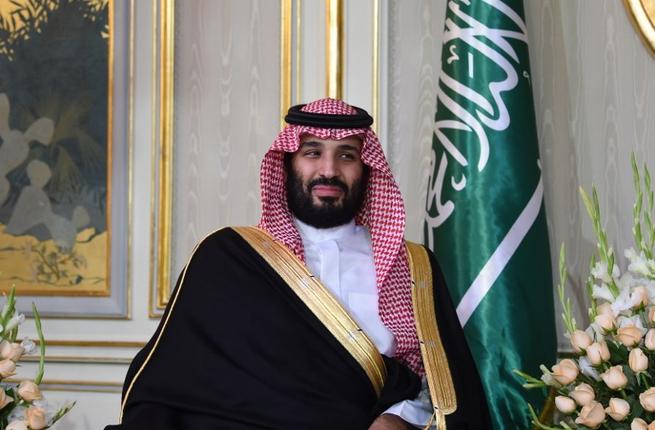
As Saudi crown prince Mohammed bin Salman tours friendly Arab nations in advance of the Group of 20 .....
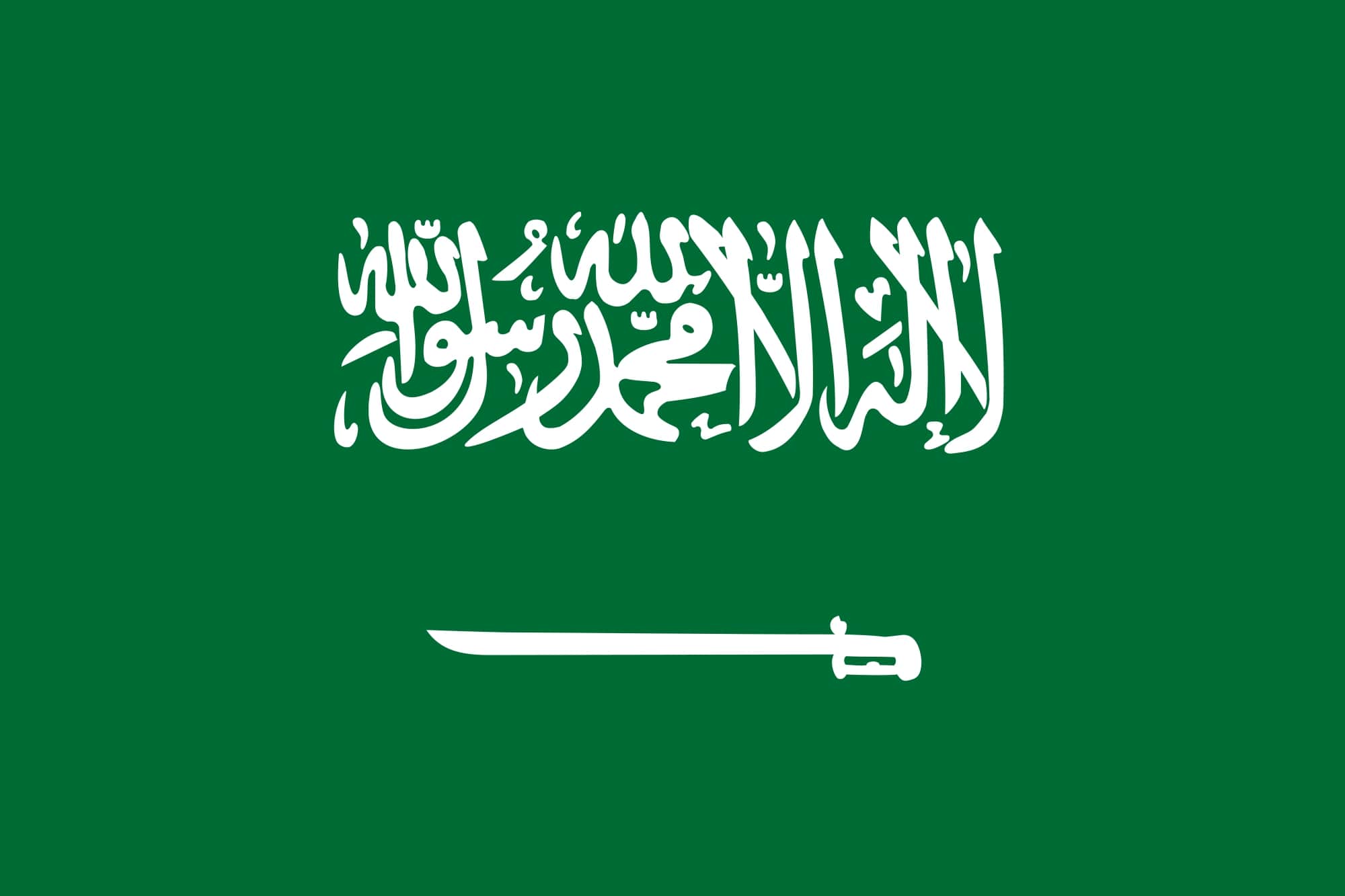
When Saudi General Khalid bin Sultan bin Abdul Aziz went shopping in the late 1980s for Chinese medi.....
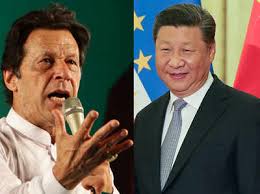
Pakistani Prime Minister Imran Khan lands in Beijing on November 3, the latest head of government to.....
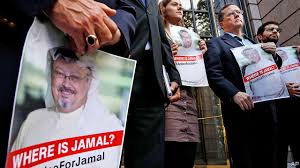
Saudi Arabia and Turkey, despite being on opposite sides of Middle Eastern divides, are cooperating .....
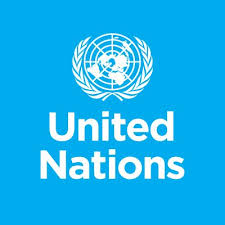
It’s easy to dismiss Iranian denunciations of the United States and its Middle Eastern allies .....
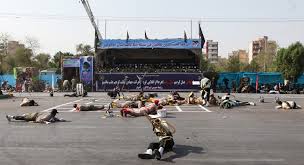
An attack on a military parade in the southern Iranian city of Ahwaz is likely to prompt Iranian ret.....
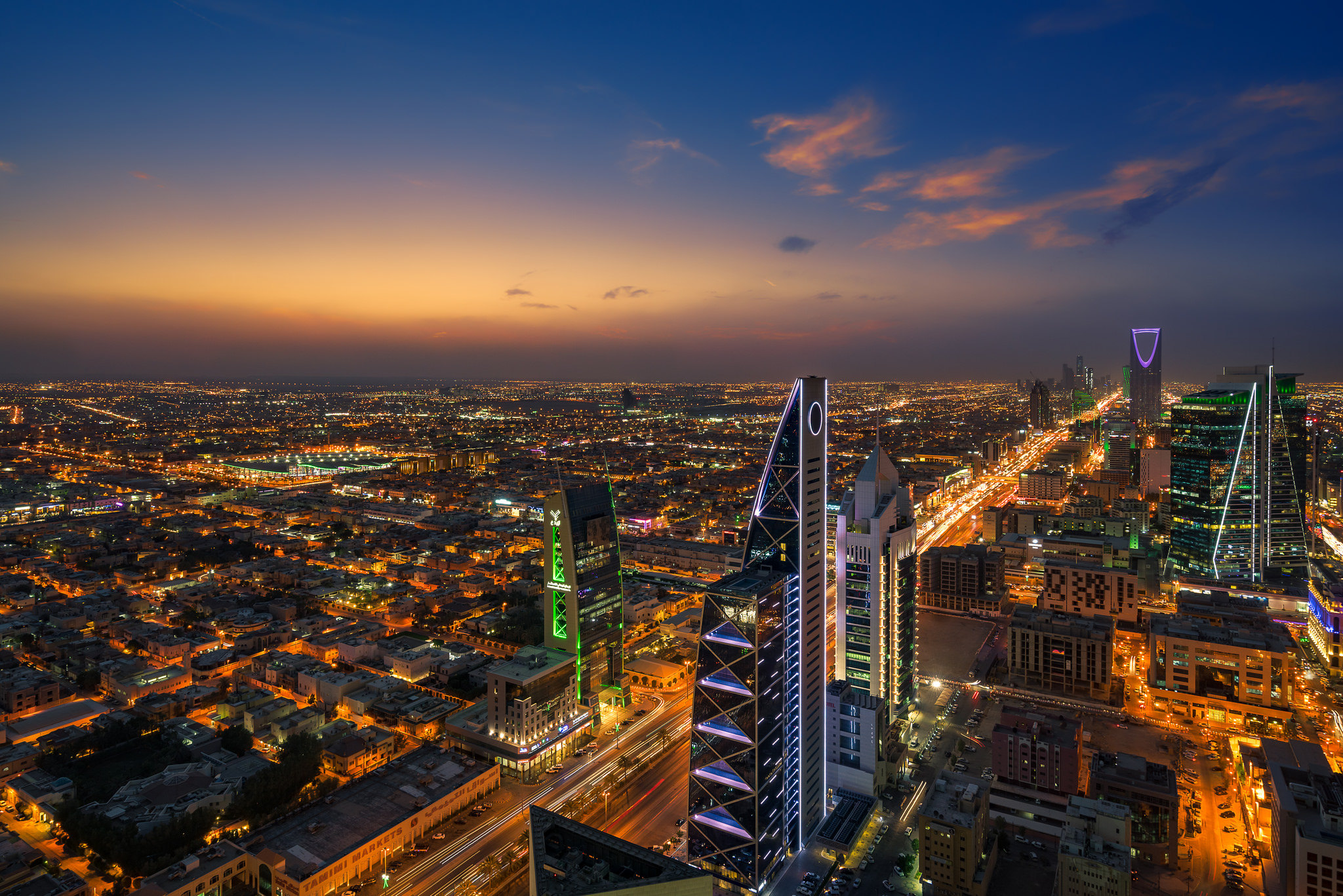
A Financial Action Task Force (FATF) report criticizing Saudi Arabia’s anti-money laundering a.....
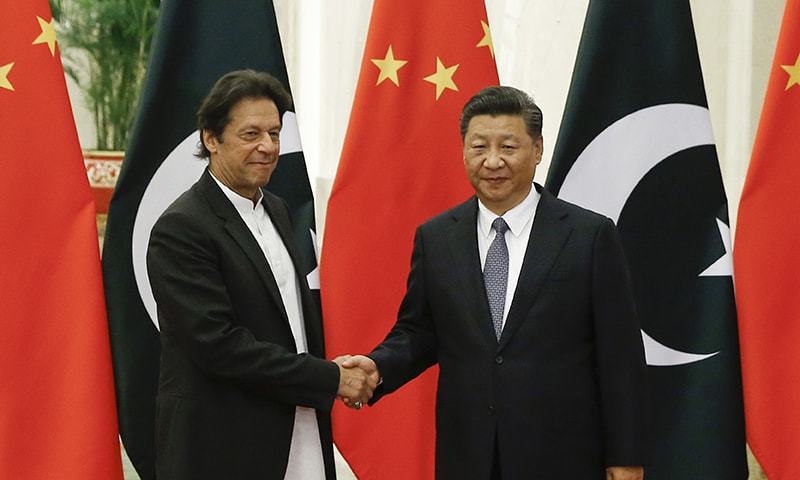
Desperate for funding to fend off a financial crisis fuelled in part by mounting debt to China, Paki.....
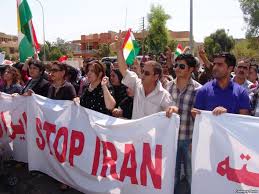
Iran has raised the spectre of a US-Saudi effort to destabilize the country by exploiting .....

A possible ceasefire between Israel and Hamas, the Islamist group that controls the Gaza S.....
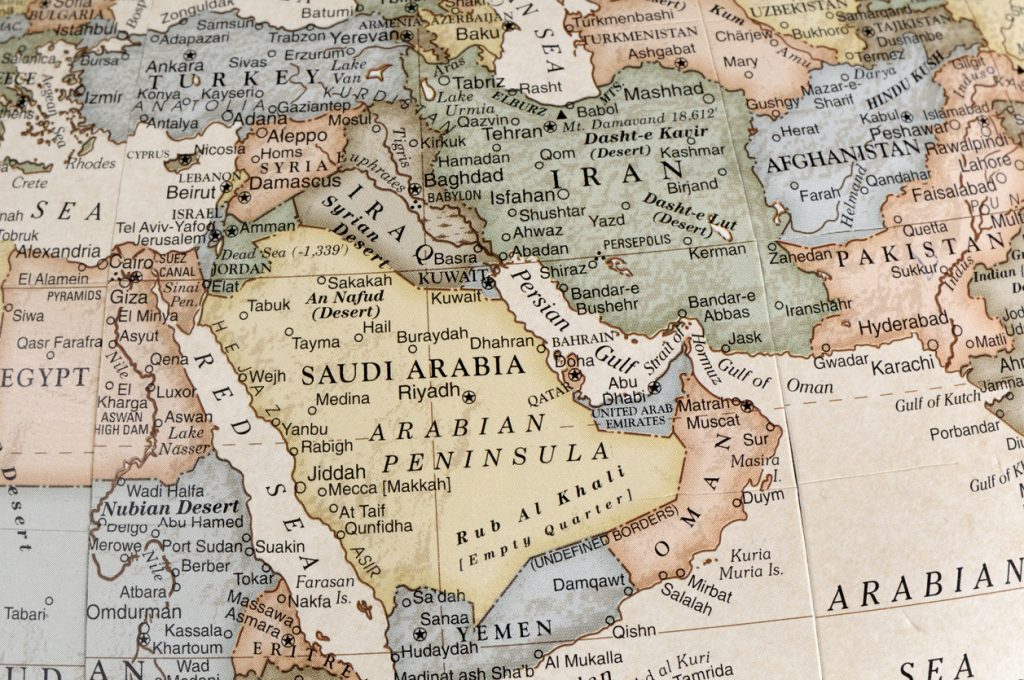
With multiple Middle Eastern disputes threatening to spill out of control, United Arab Emirates mini.....
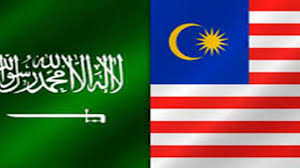
Embattled former Malaysian Prime Minister Najib Razak was the main loser in last month&rsq.....

Lurking in the background of a Saudi-Moroccan spat over World Cup hosting rights and the Gulf crisis.....
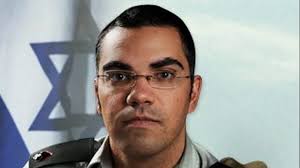
Amid ever closer cooperation with Saudi Arabia, Israel’s military appears to be adopting the k.....
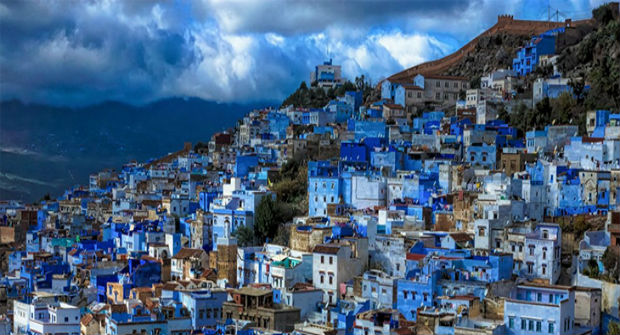
Mounting anger and discontent is simmering across the Arab world much like it did in the w.....
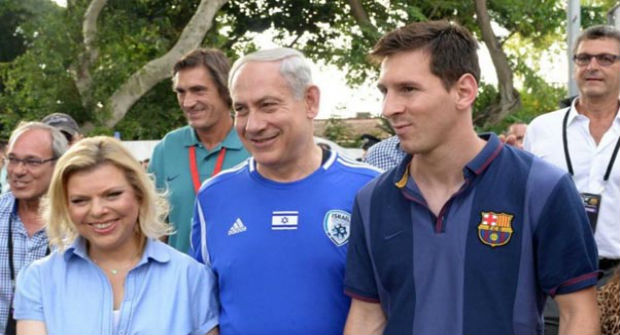
Argentina’s cancellation of a friendly against Israel because of Israeli attempts to exploit t.....
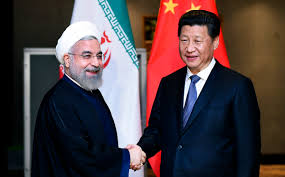
Conventional wisdom has it that China stands to benefit from the US withdrawal from the 2015 interna.....
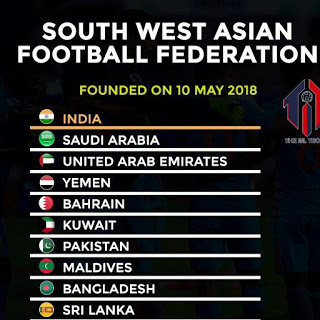
Saudi Arabia’s bitter rivalry with Iran has spilled onto Asian soccer pitches with t.....
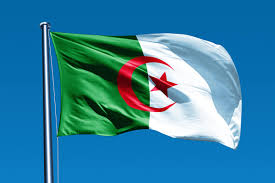
A controversy in Algeria over the growing popularity of Saudi-inspired Salafi scholars spotlights th.....
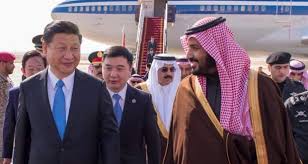
Subtle shifts in Chinese energy imports suggest that China may be able to exert influence in the Mid.....
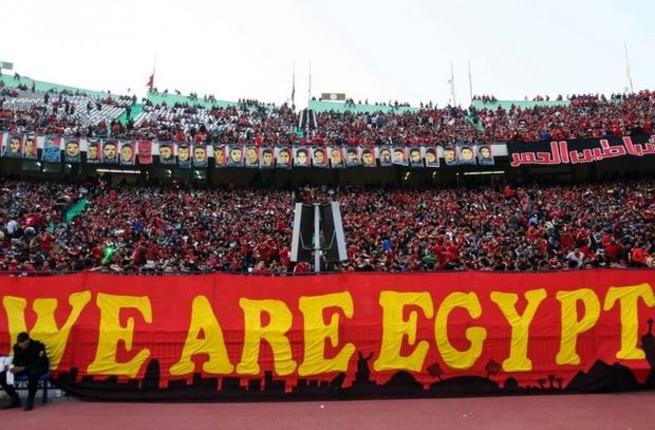
Egyptian general-turned-president Abdel Fattah Al-Sisi won a second term virtually unchallenged in w.....
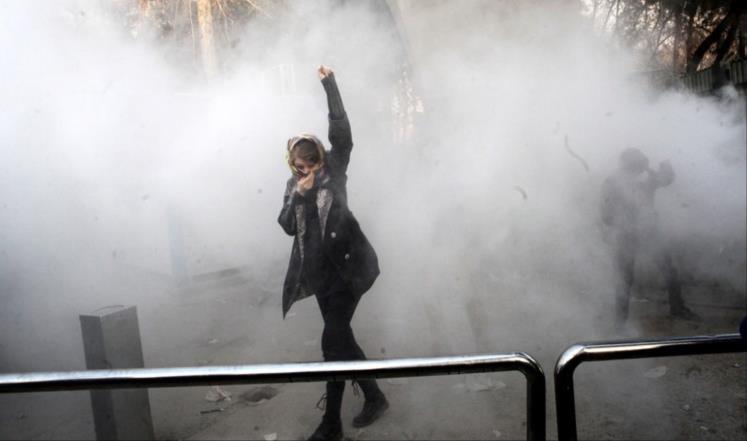
Protests have erupted in Iran’s oil-rich province of Khuzestan barely three months after the I.....
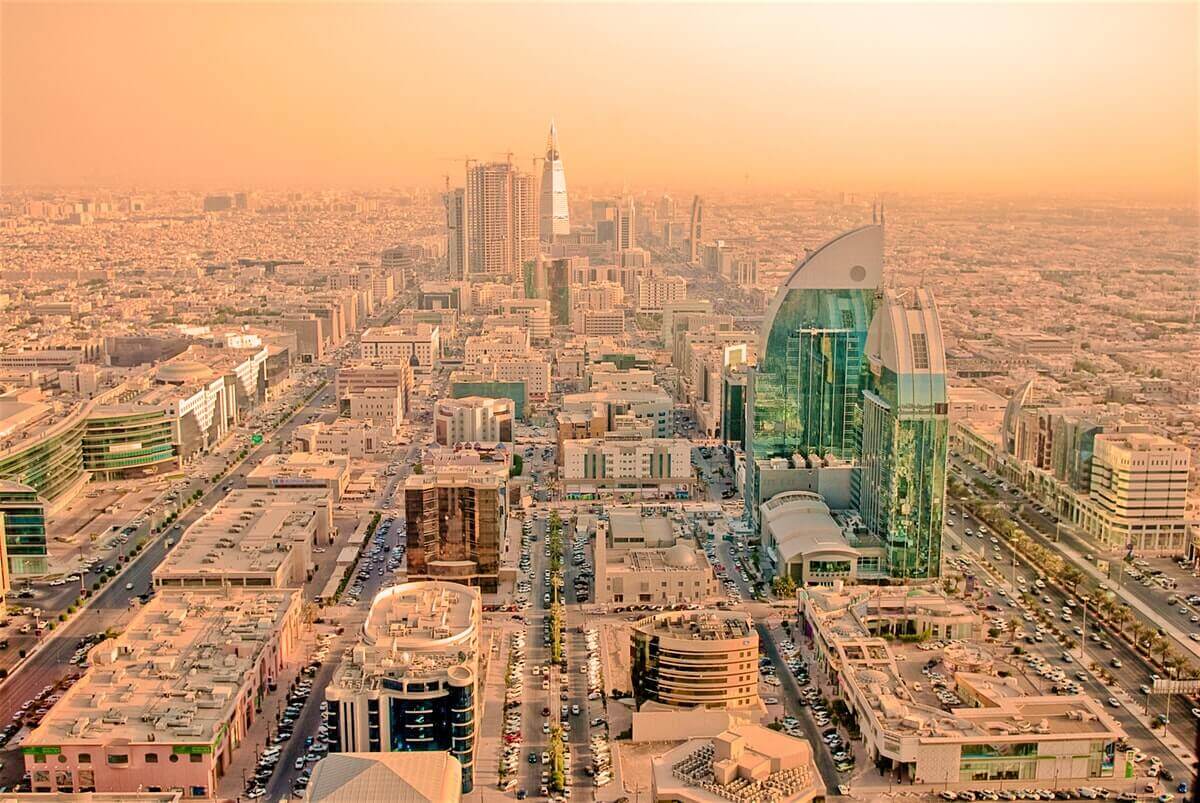
Debilitating hostility between Saudi Arabia and Iran is about lots of things, not least who will hav.....
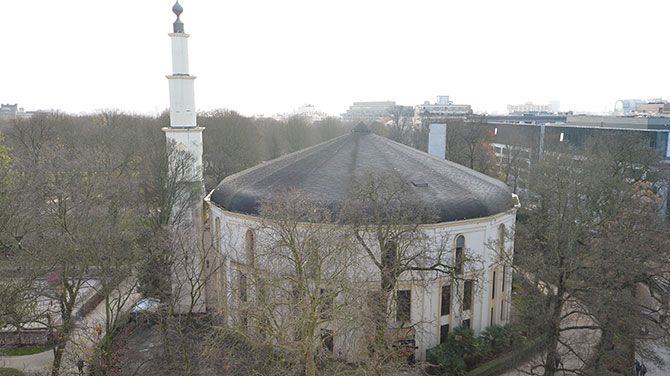
Saudi Arabia, in an indication that it is serious about shaving off the sharp edges of its Sunni Mus.....
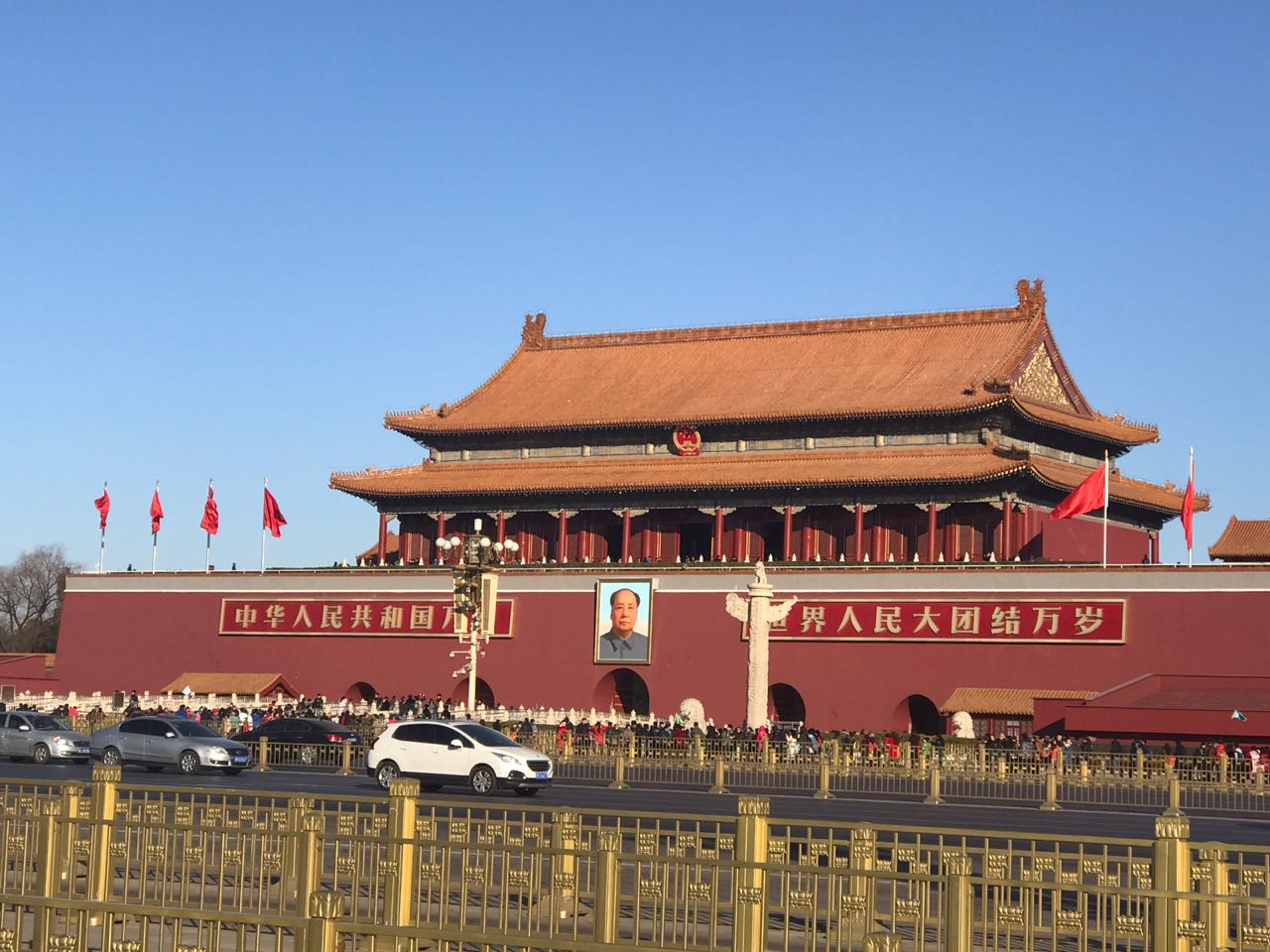
The Middle East has a knack for sucking external powers into its conflicts. China’s ventures i.....
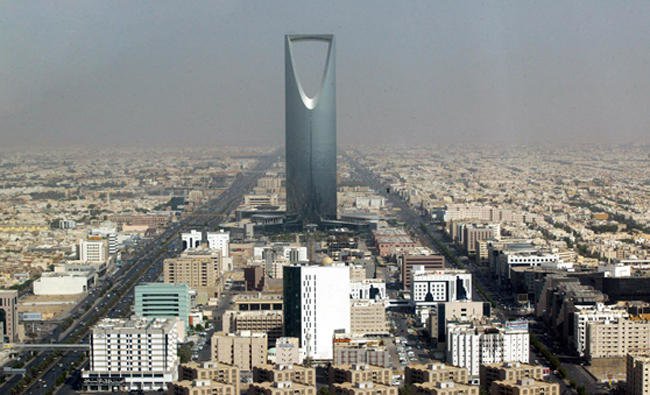
A Saudi draft law could constitute a first indication that Crown Prince Mohammed bin Salman’s .....
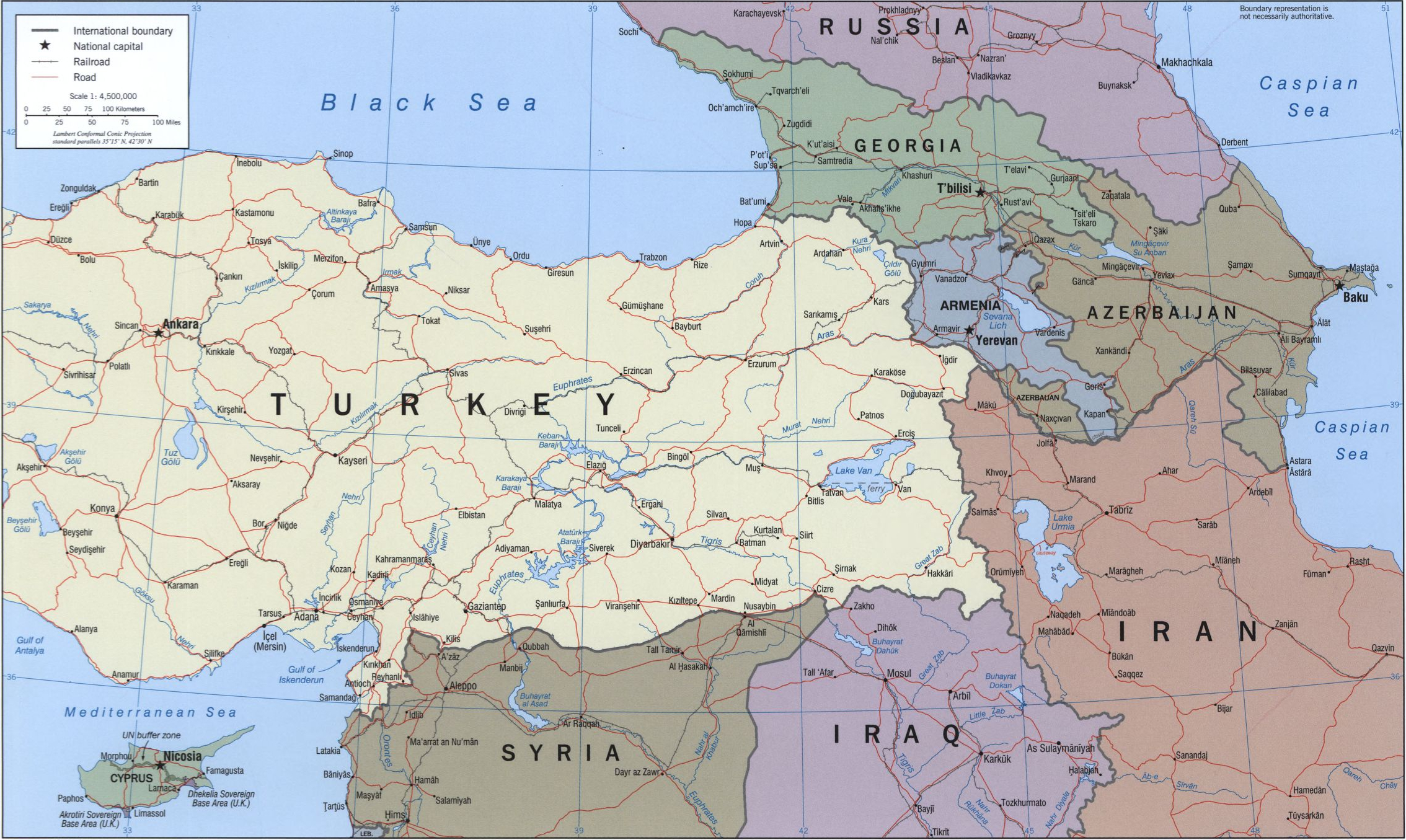
Turkish allegations of Saudi, Emirati and Egyptian support for the outlawed Kurdish Workers Party (P.....
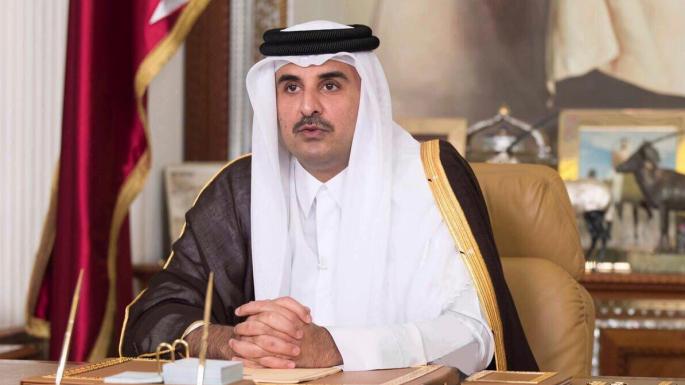
Prominent US constitutional lawyer and scholar Alan M. Dershowitz raised eyebrows when he described .....
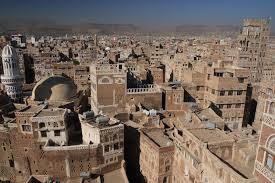
Plans to open a Salafi missionary centre in the Yemeni province of Al Mahrah on the border with Oman.....
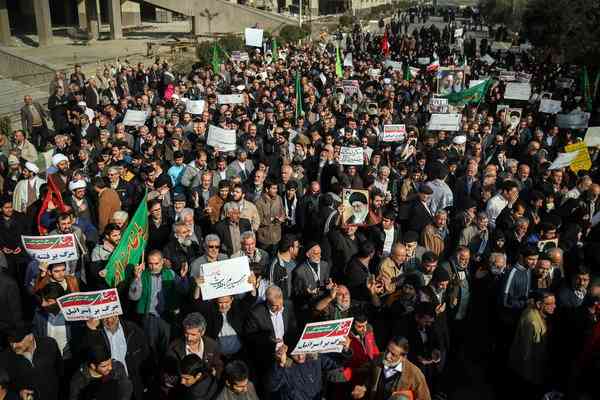
If week-long anti-government protests in Iran exposed the Islamic republic’s deep-se.....
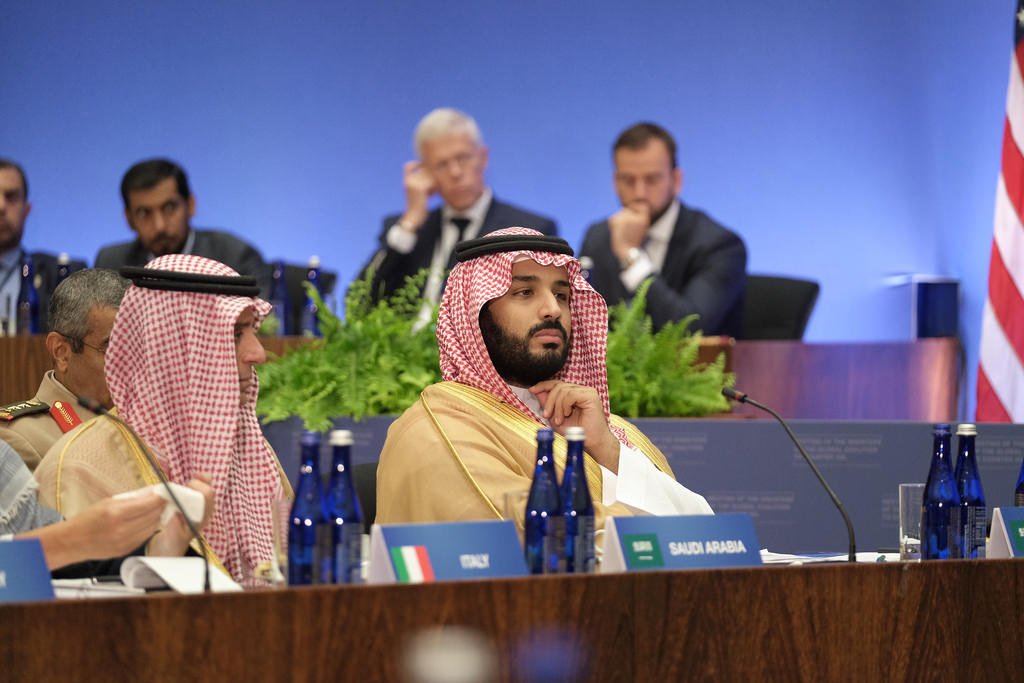
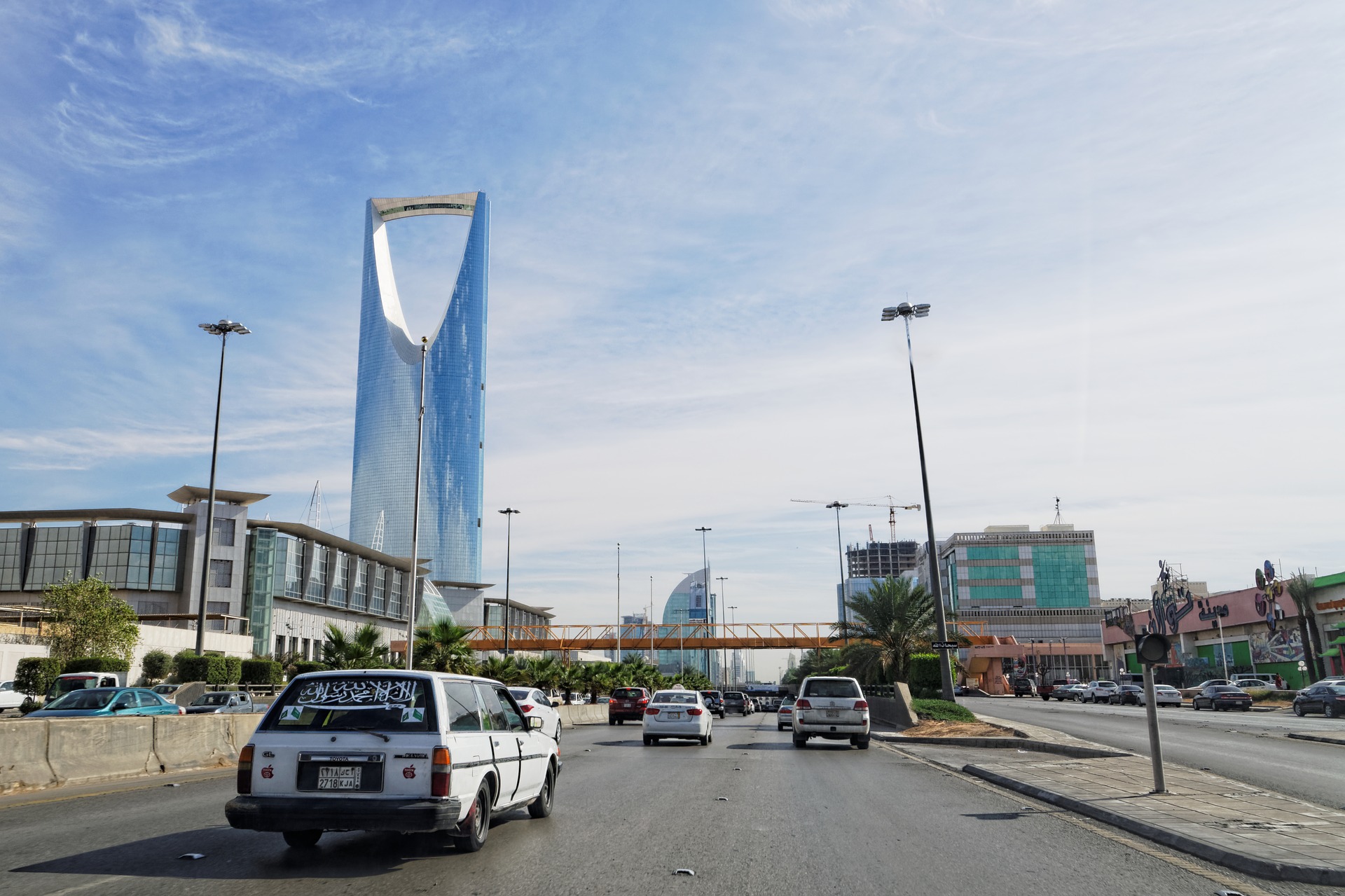
Kuwaiti billionaire Maan al-Sanea should have seen it coming after Saudi Crown Prince Mohammed bin S.....
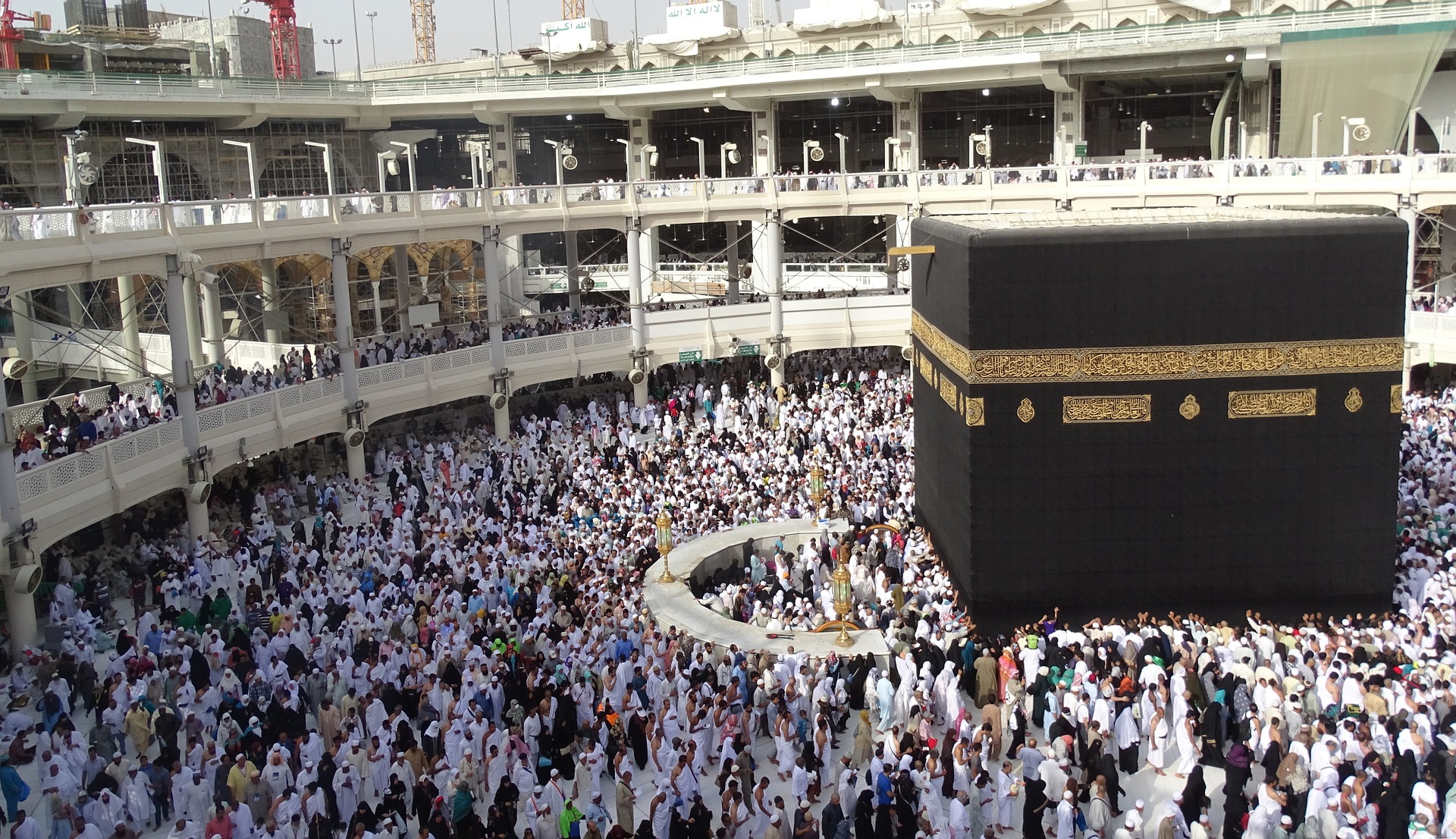
Long-standing Saudi efforts to dominate the pan-Arab media landscape appear to have moved into high .....
